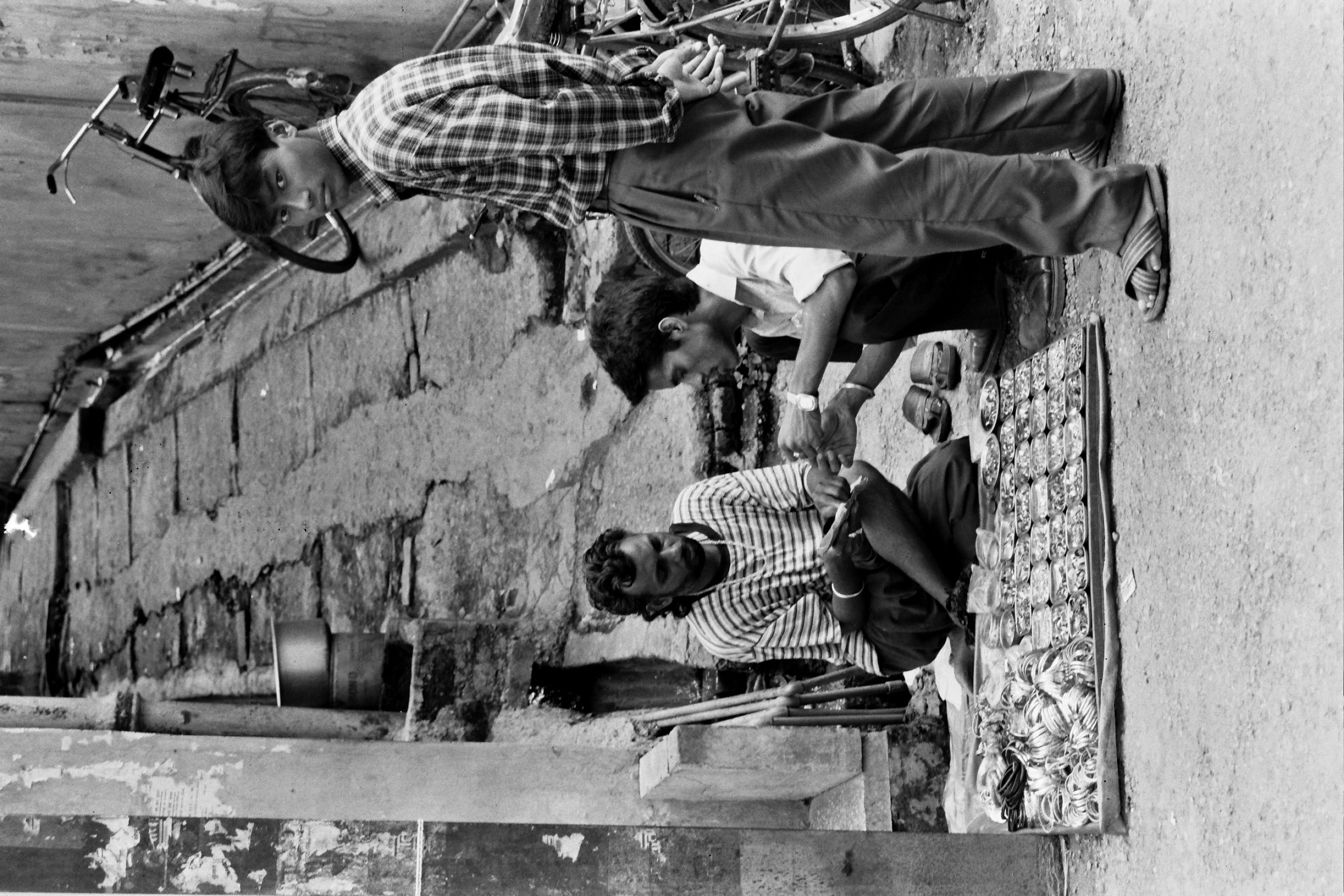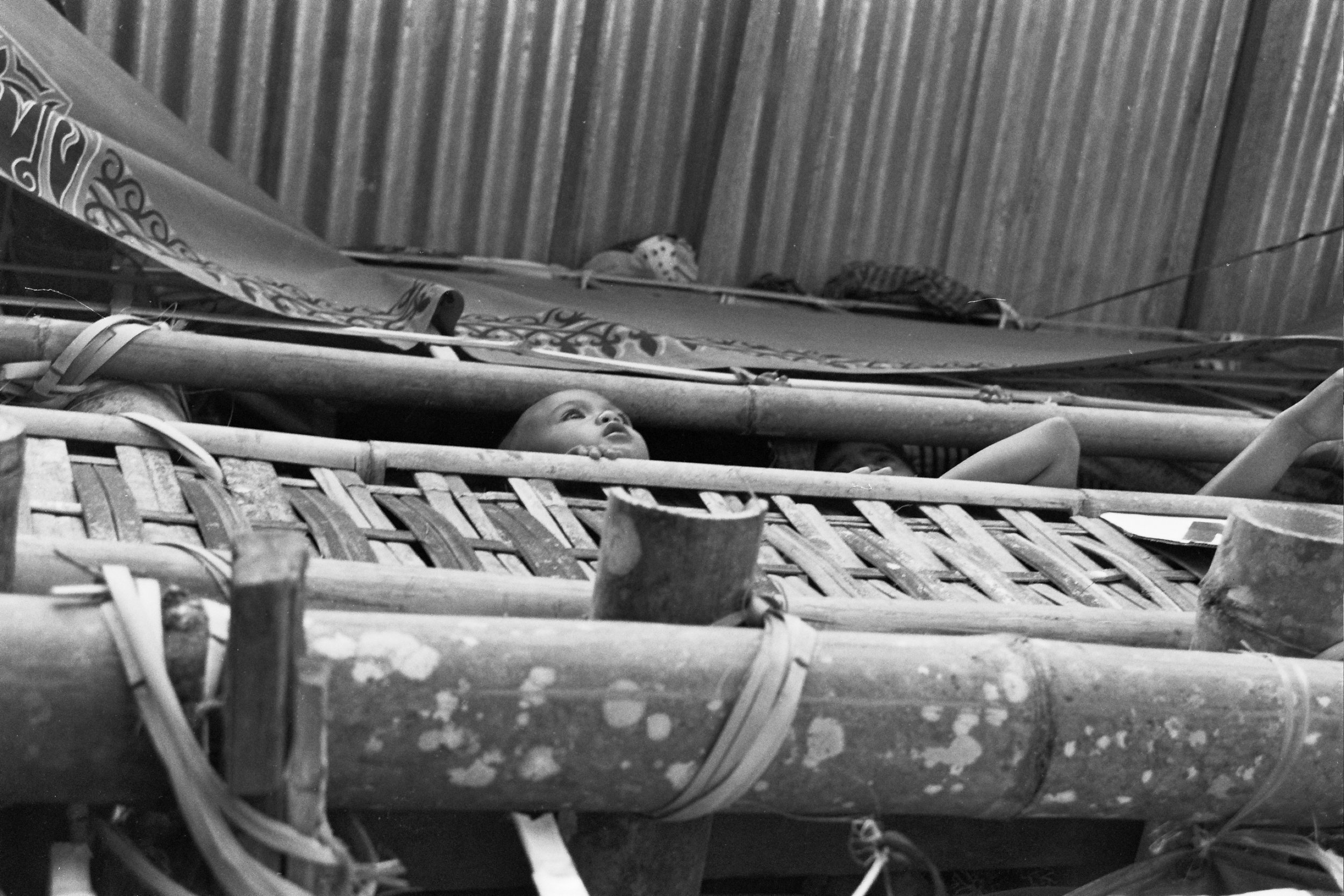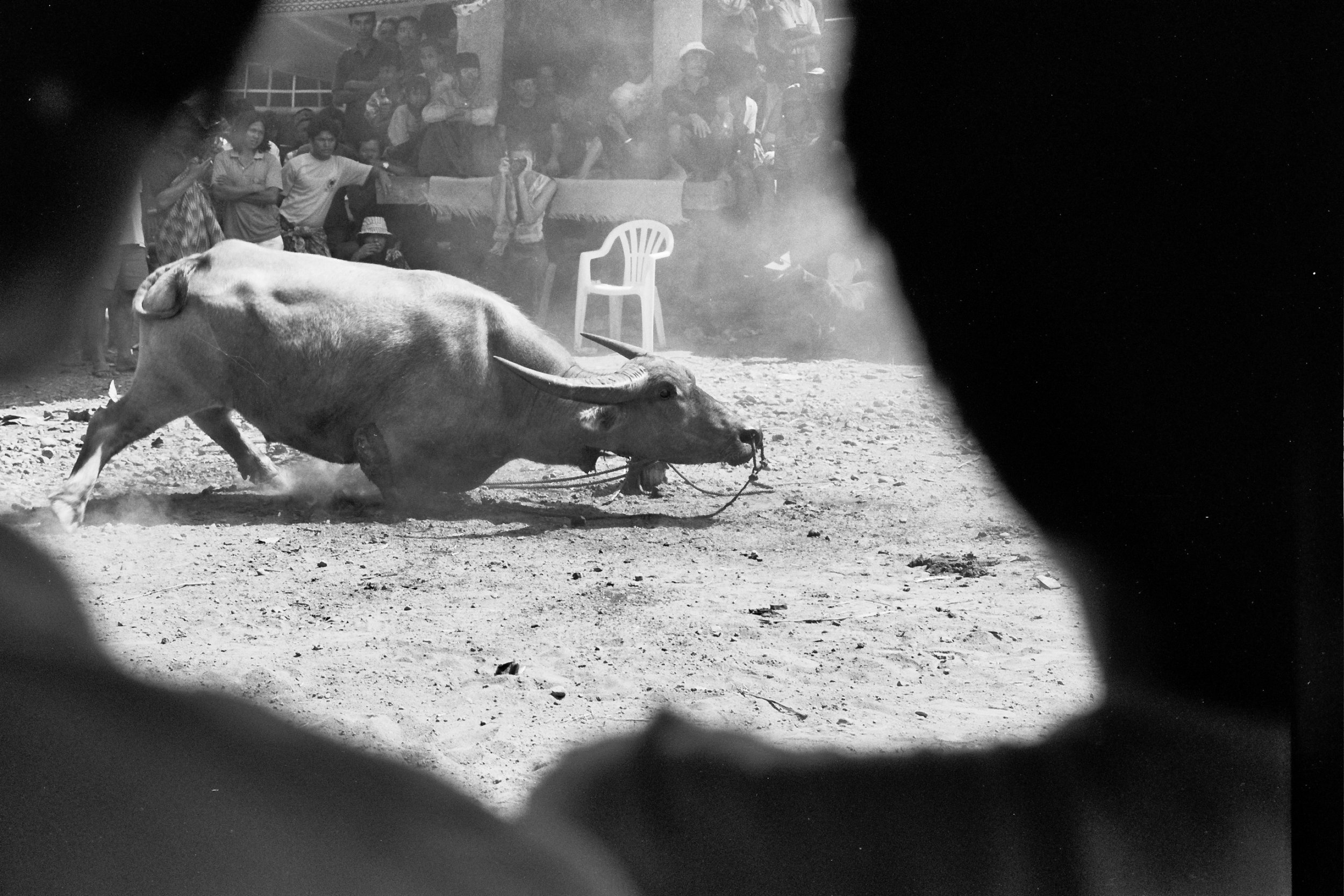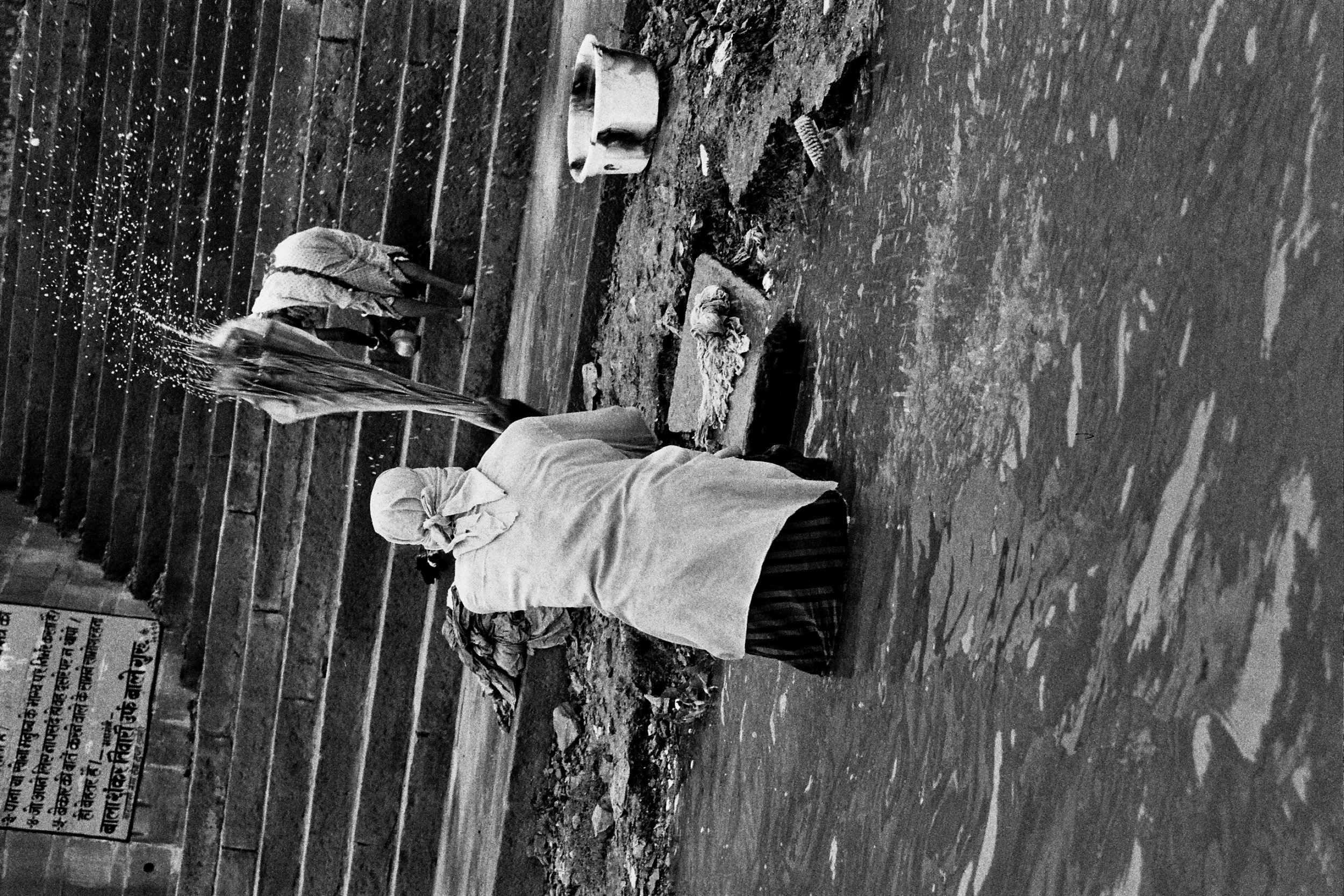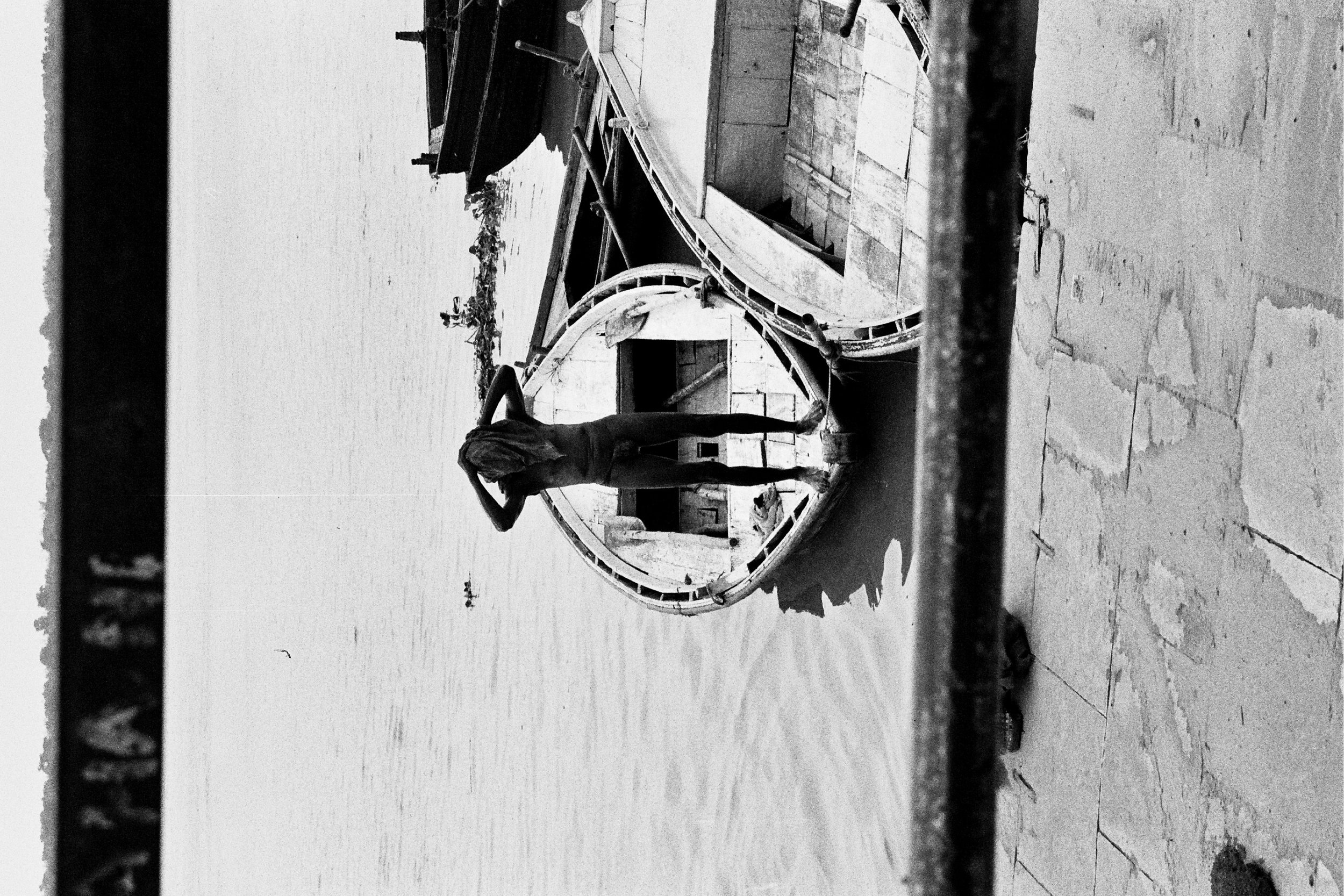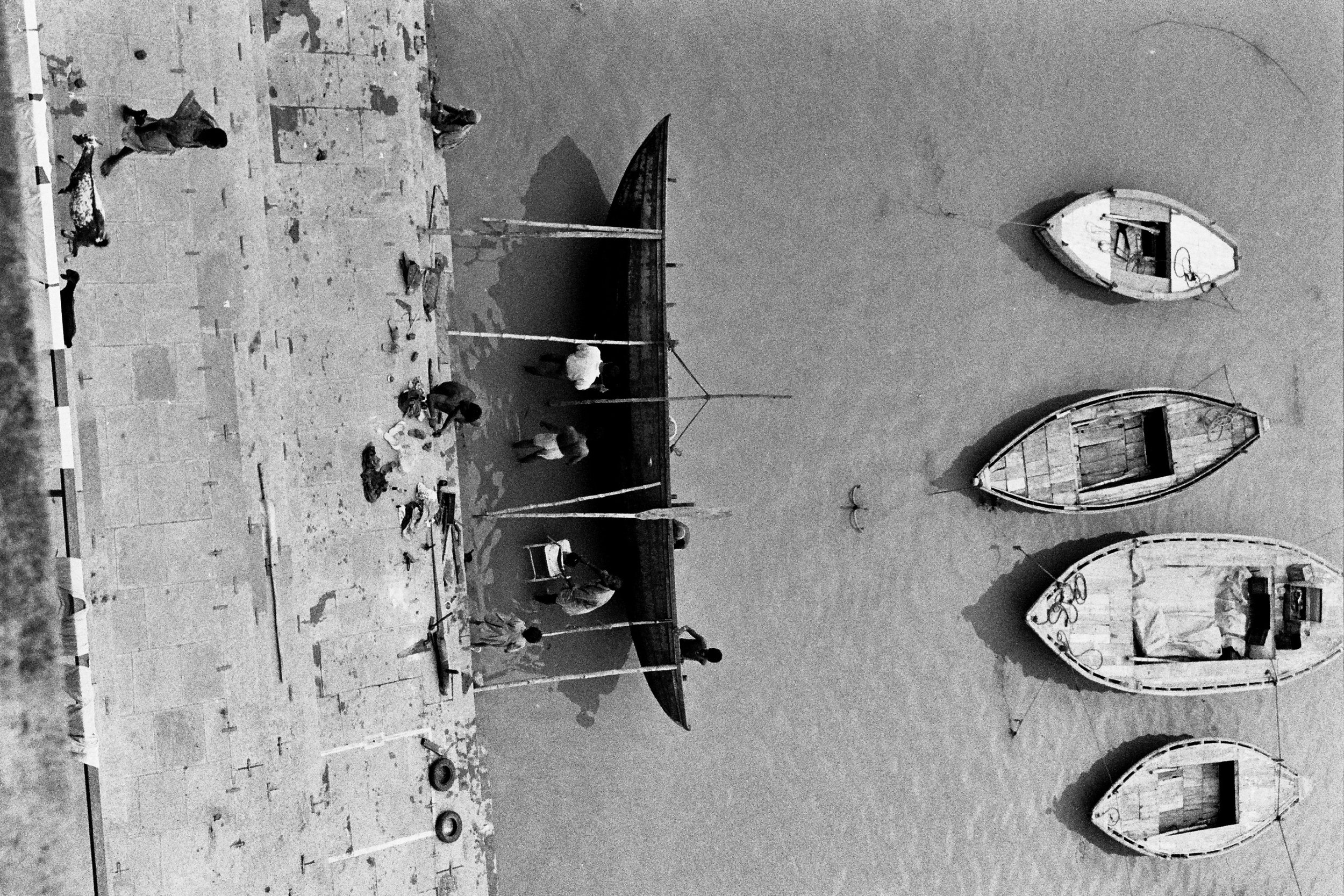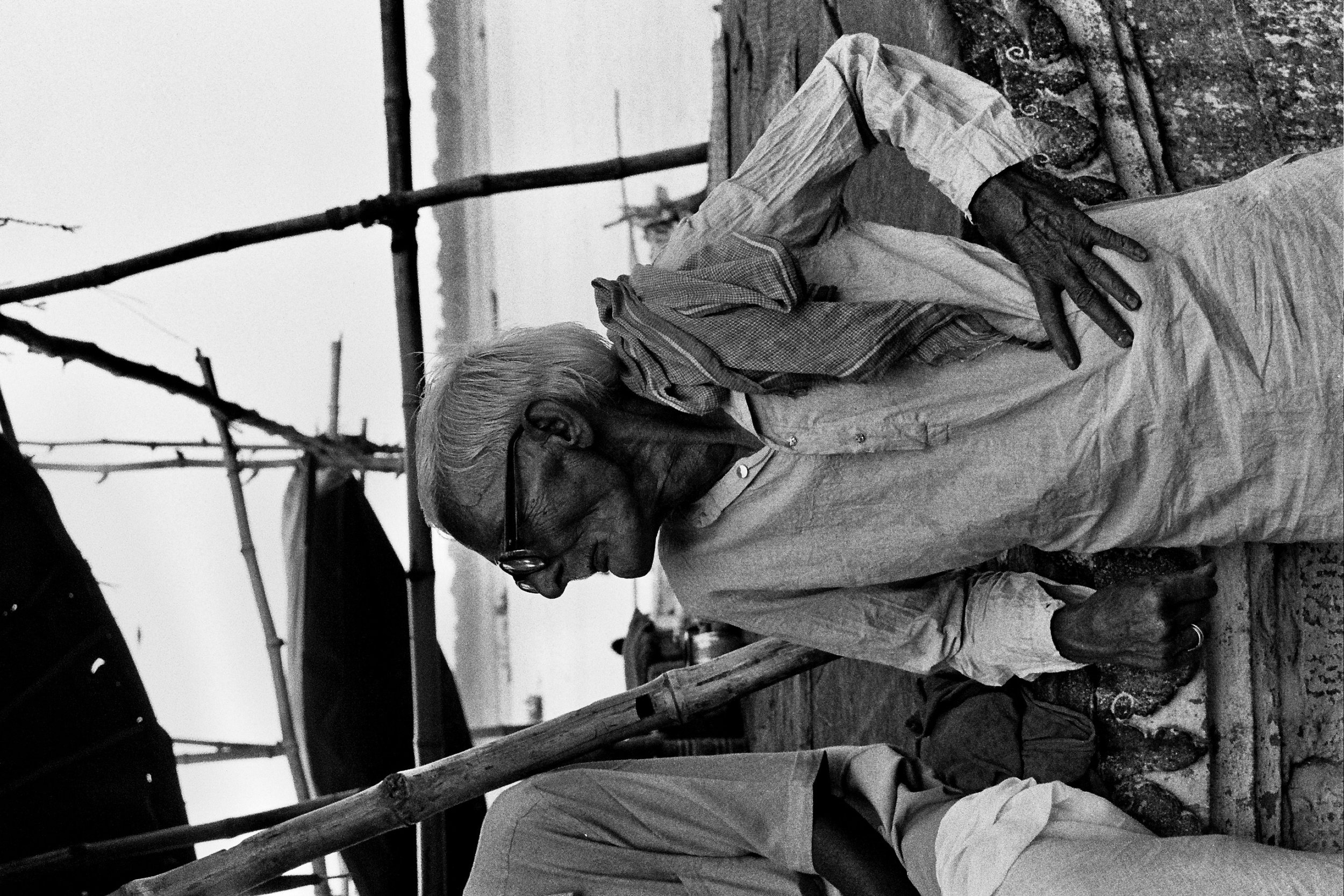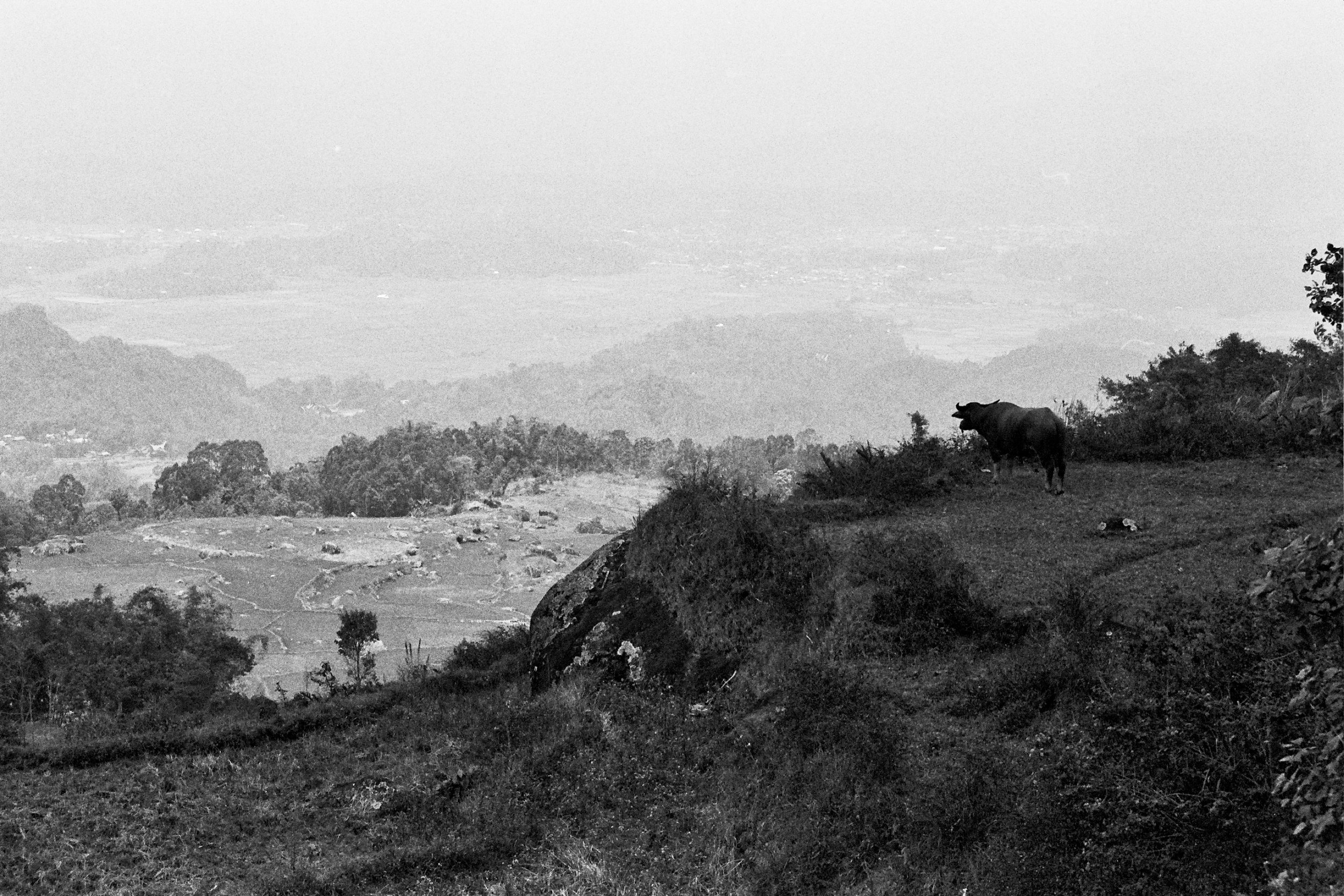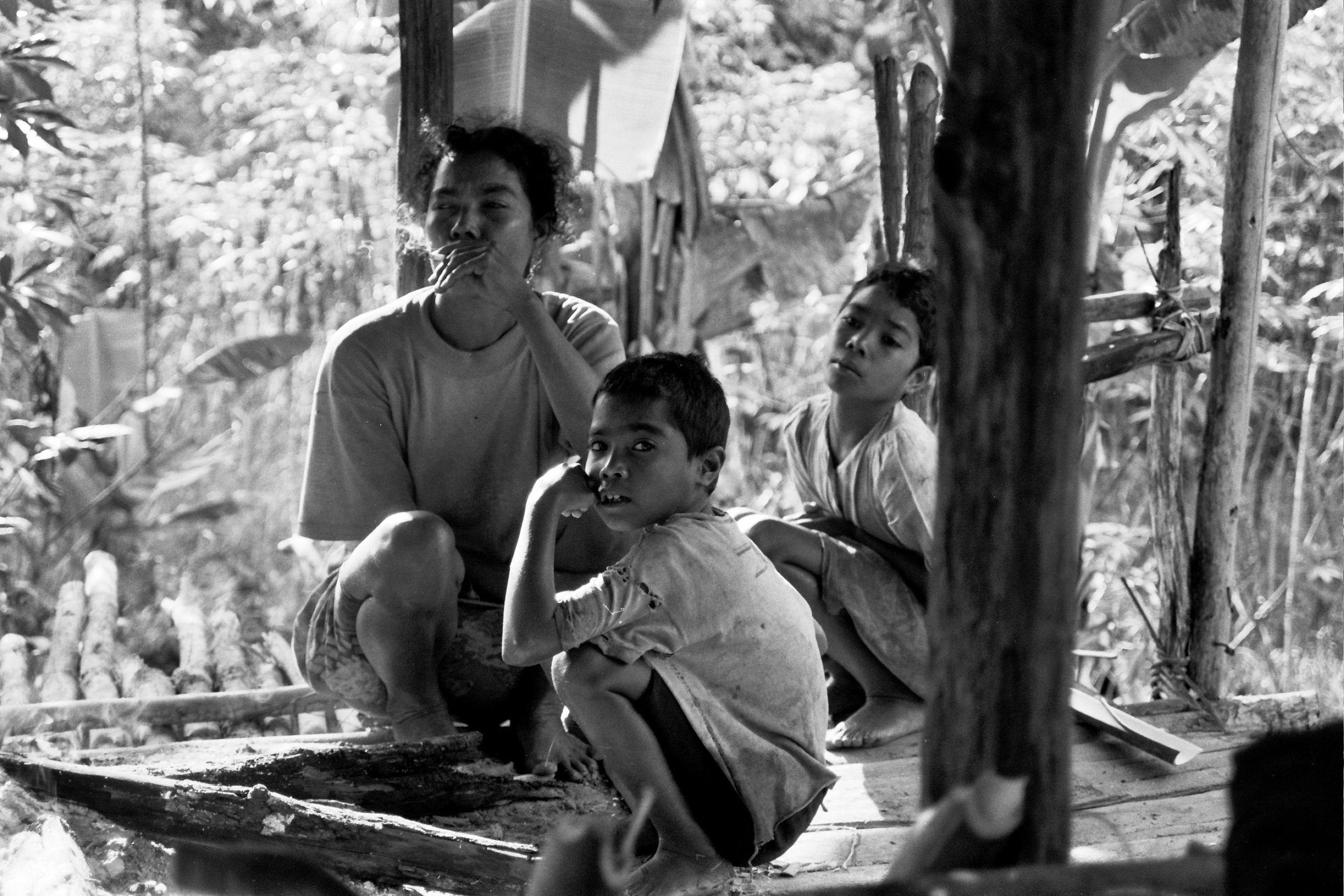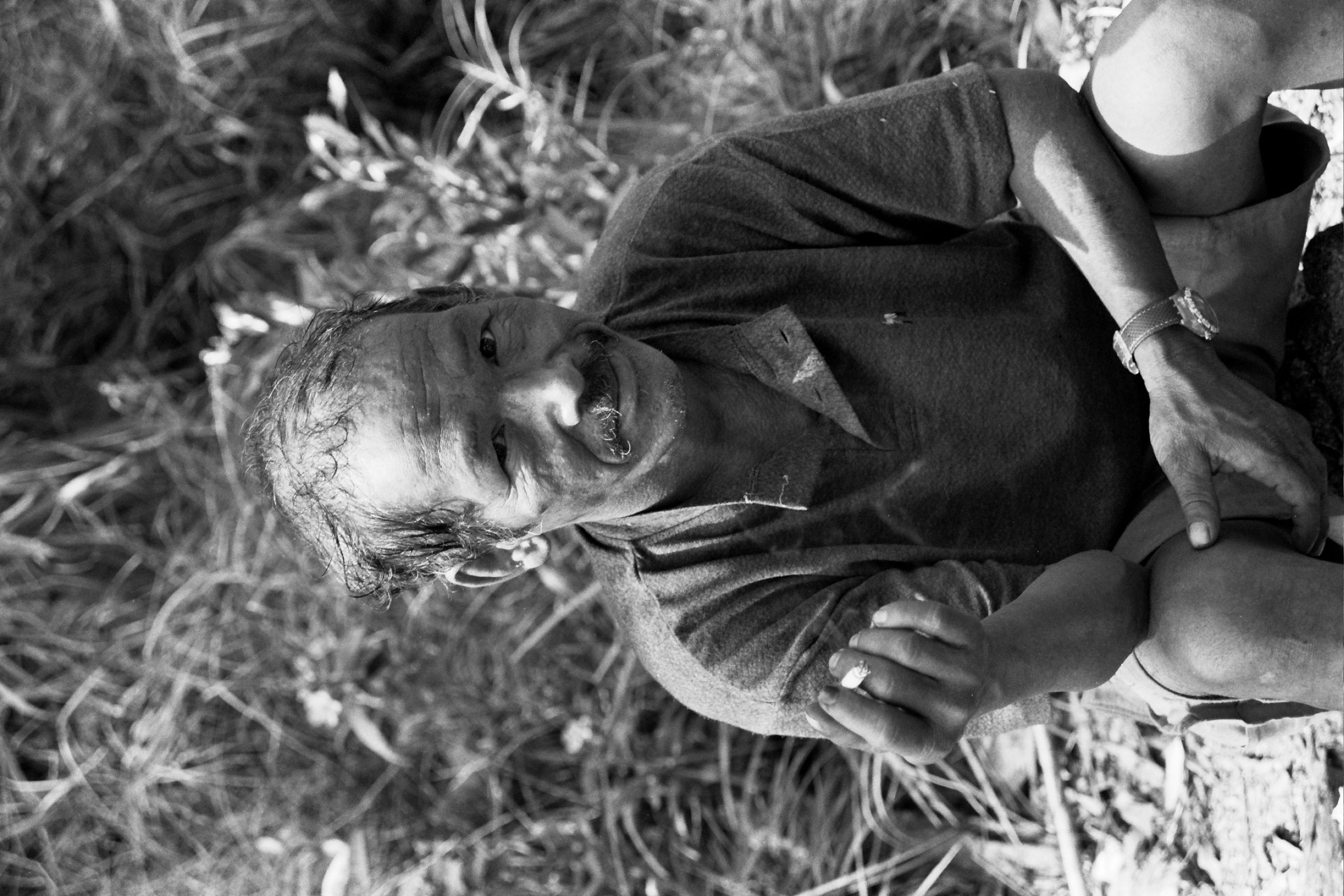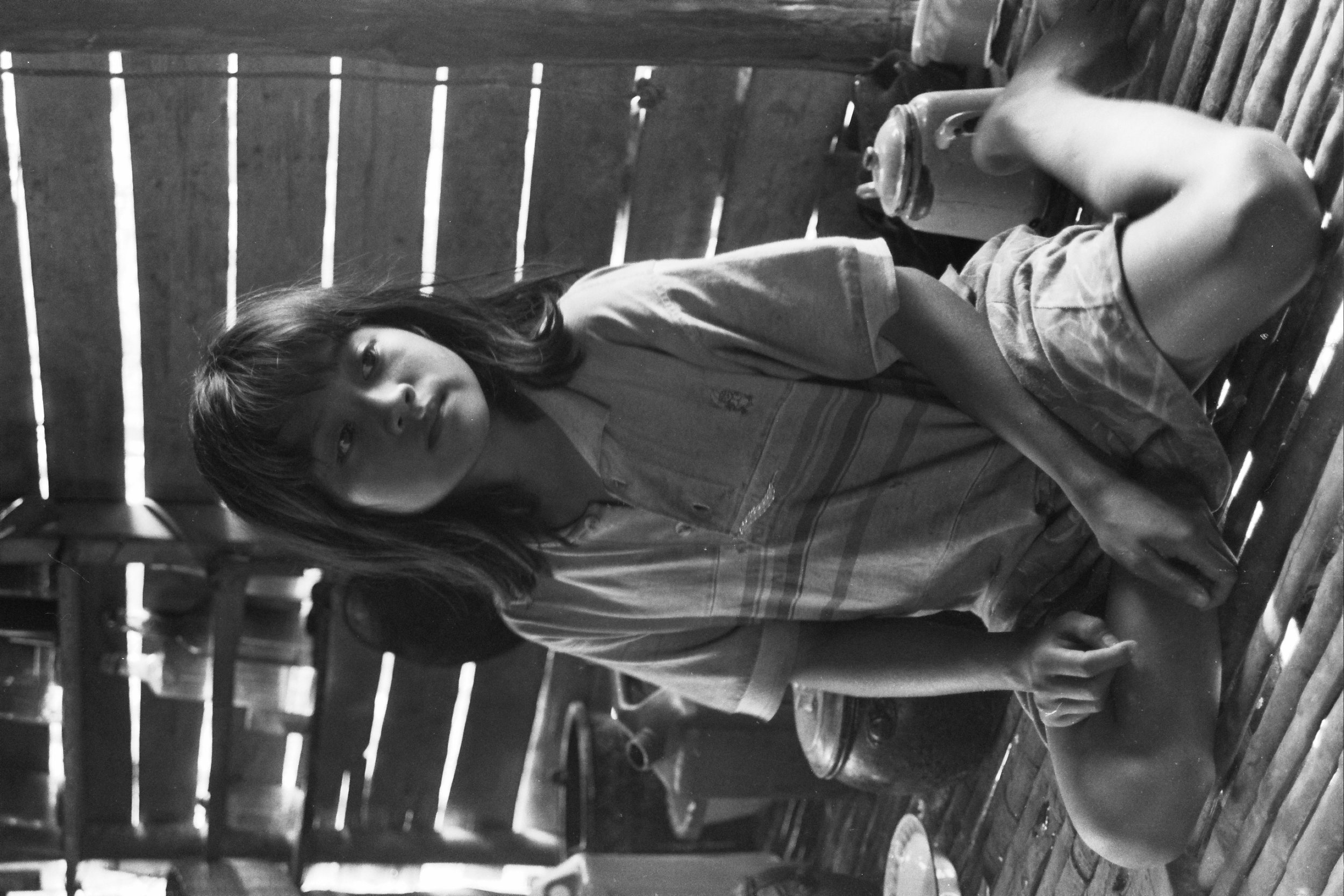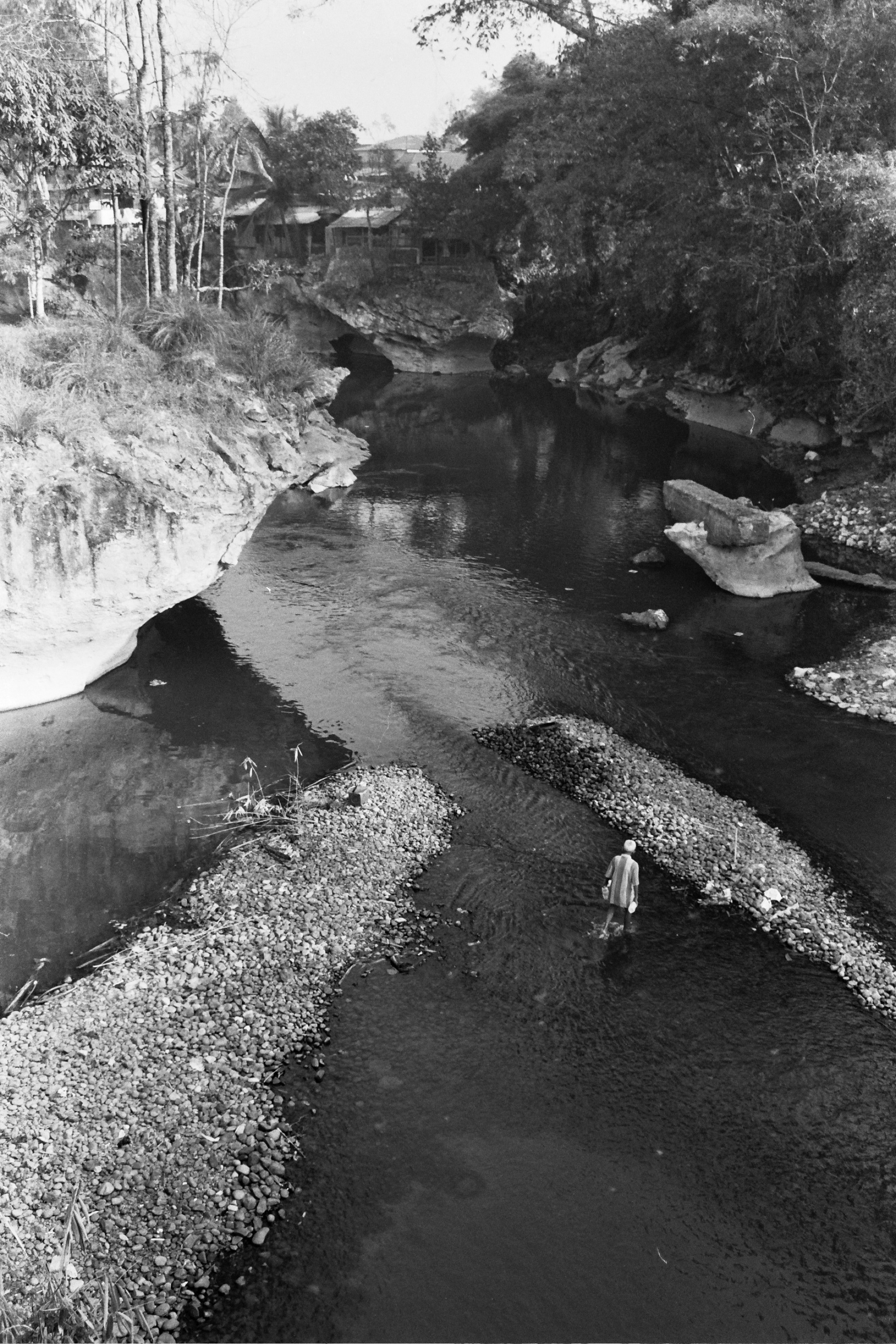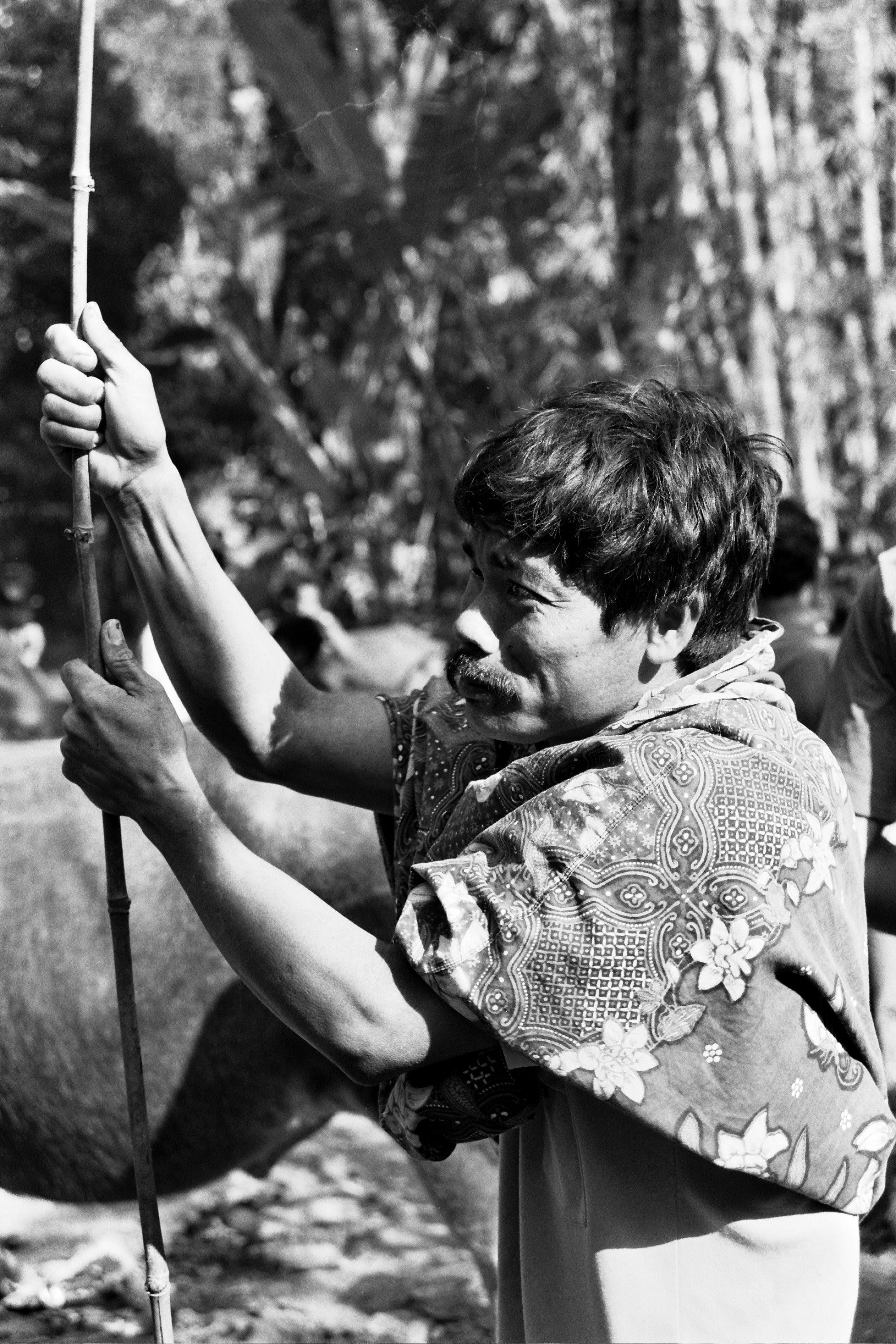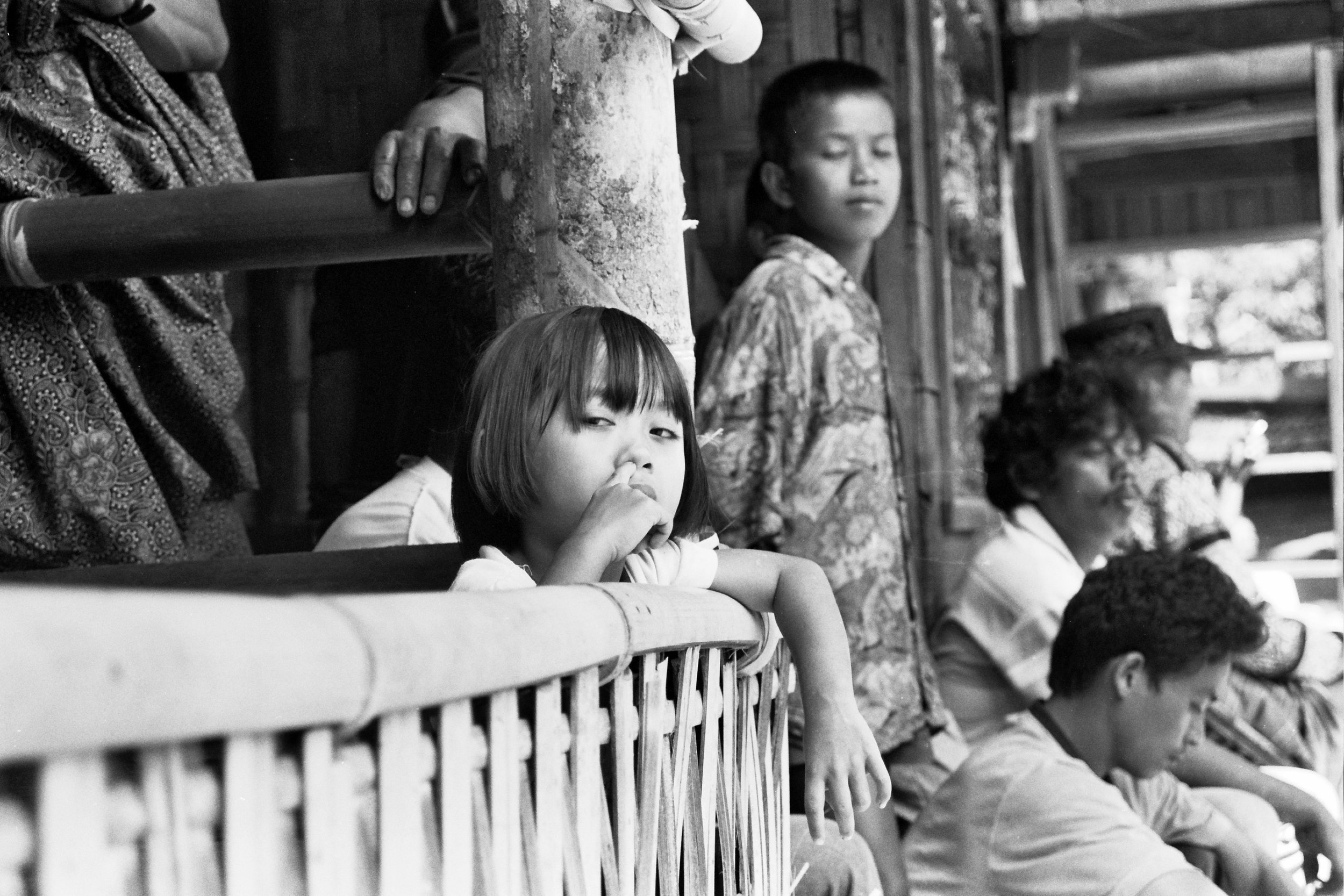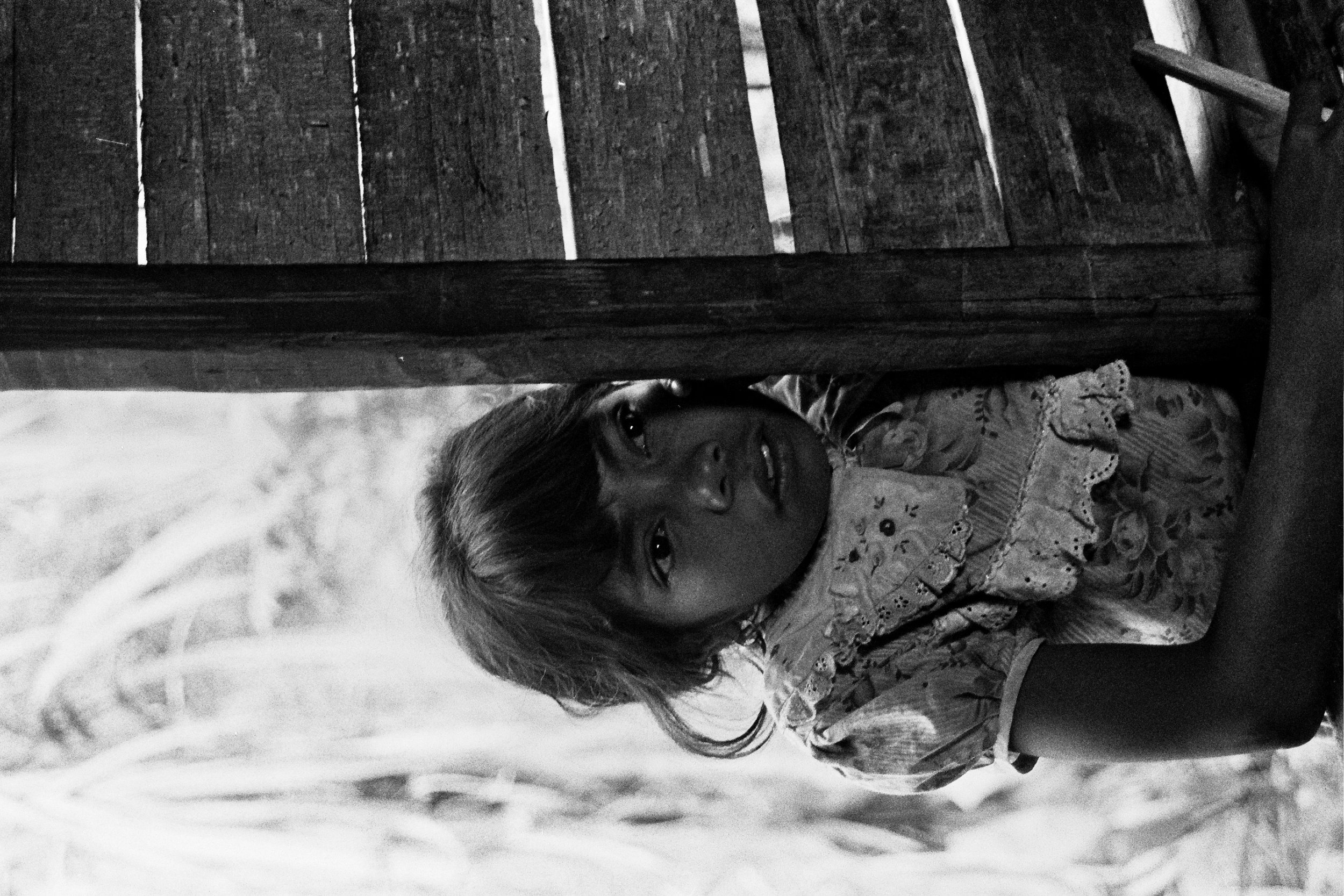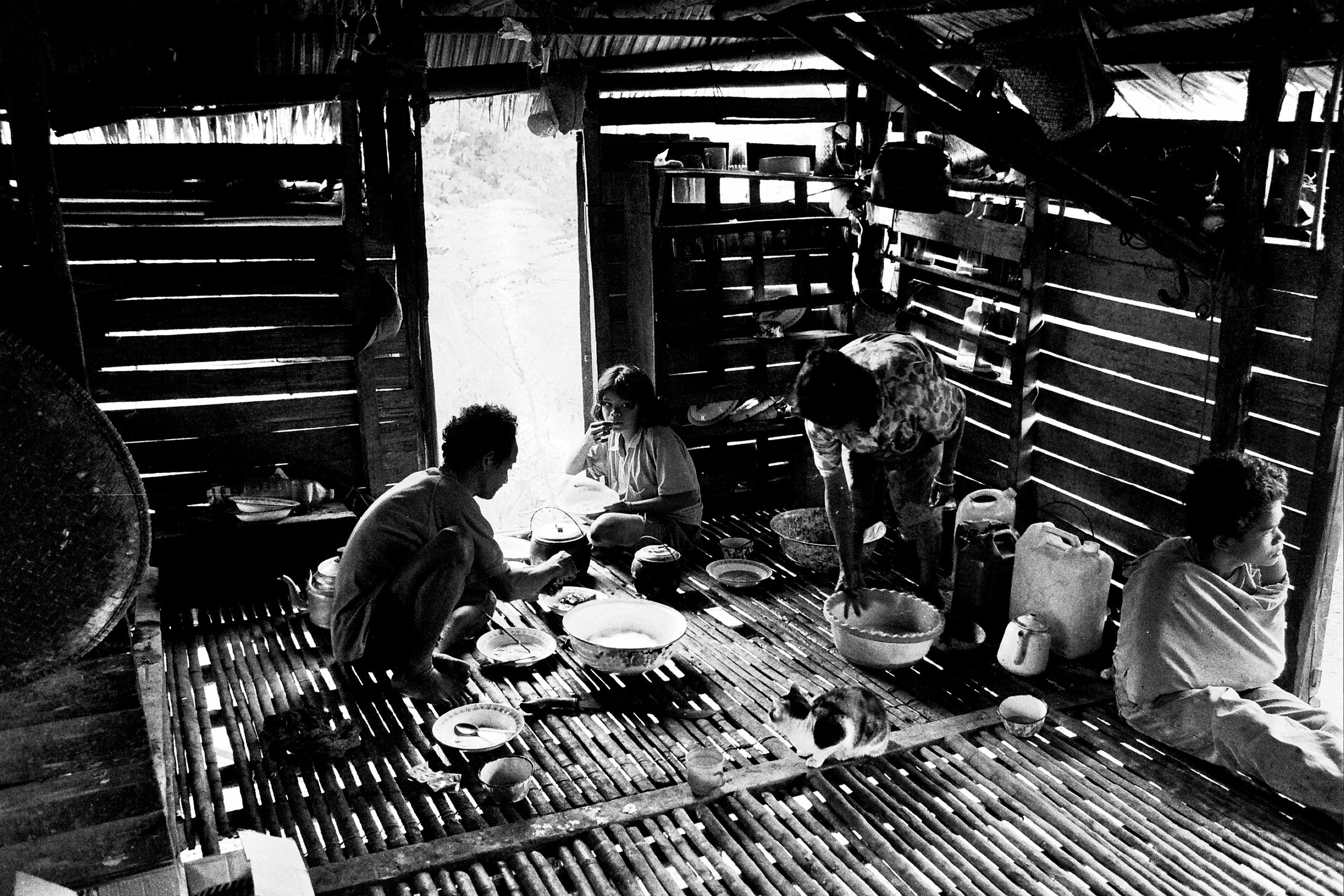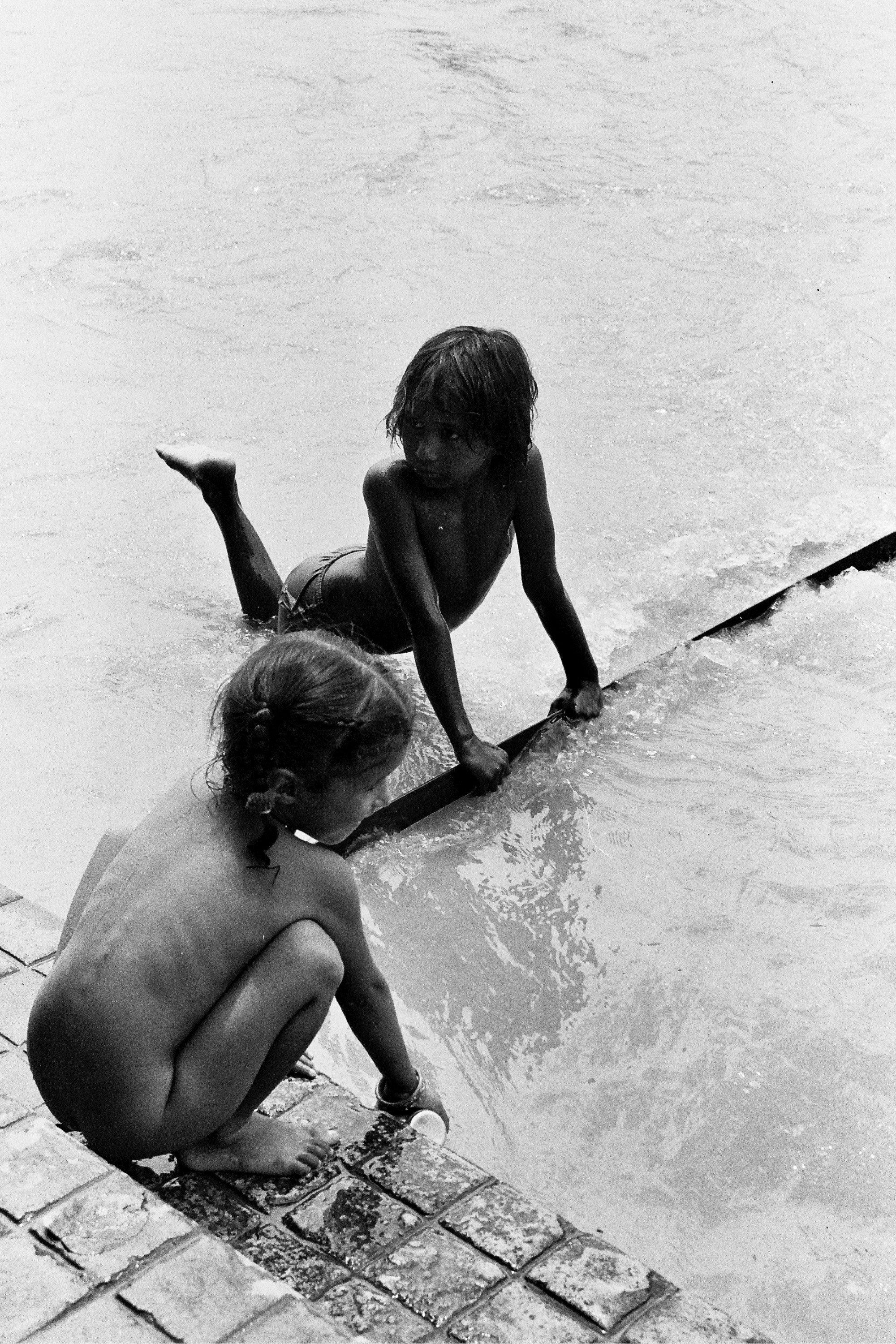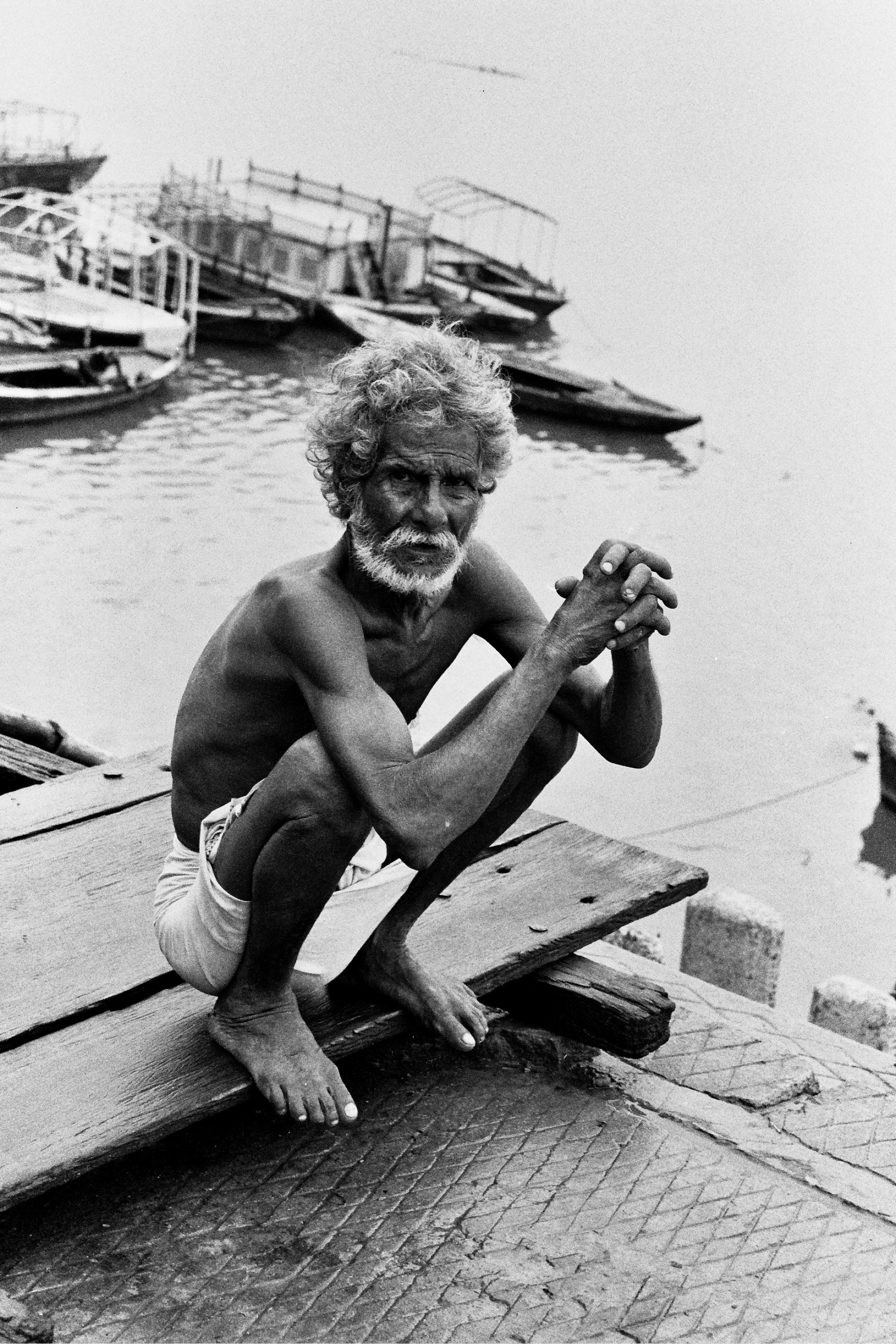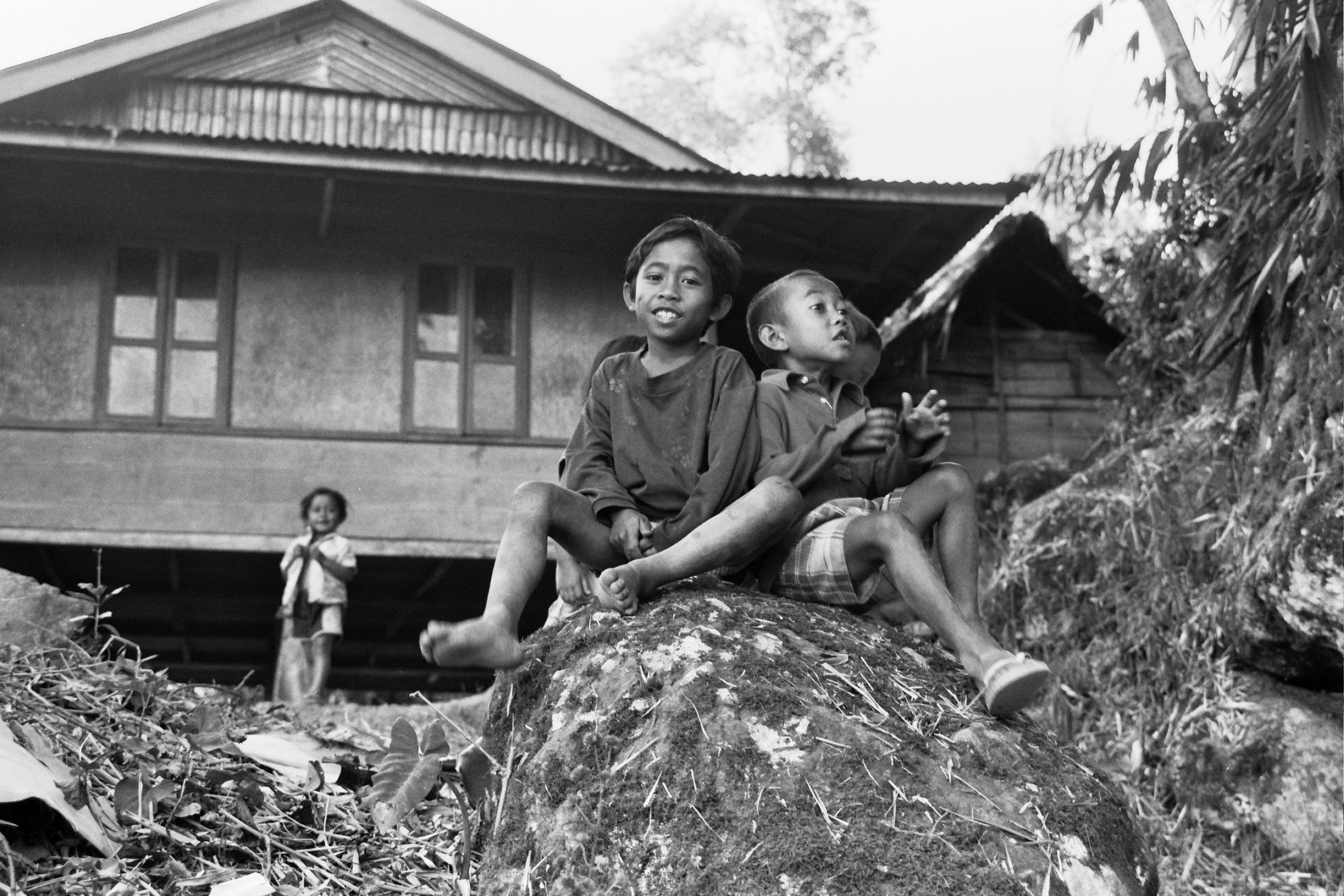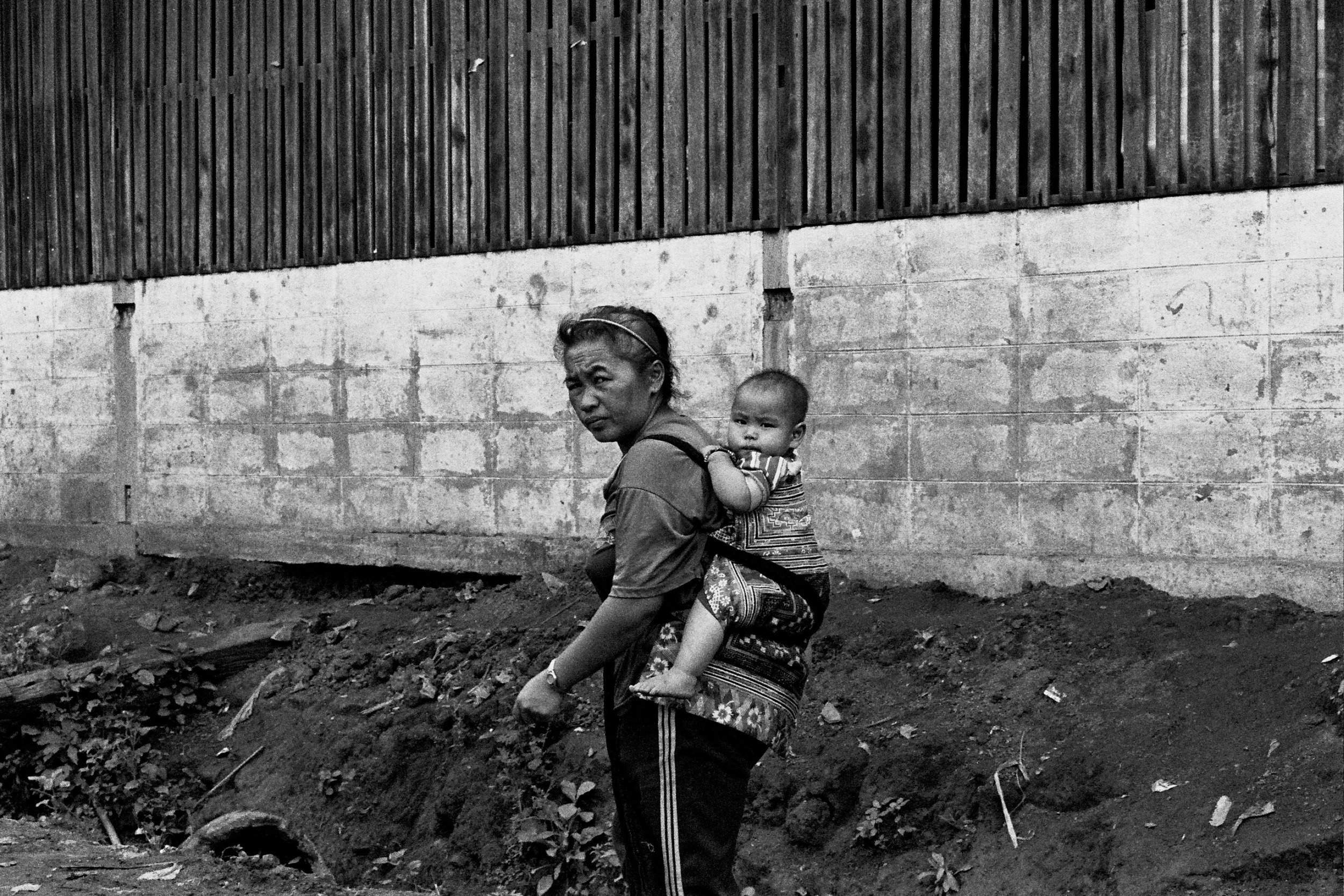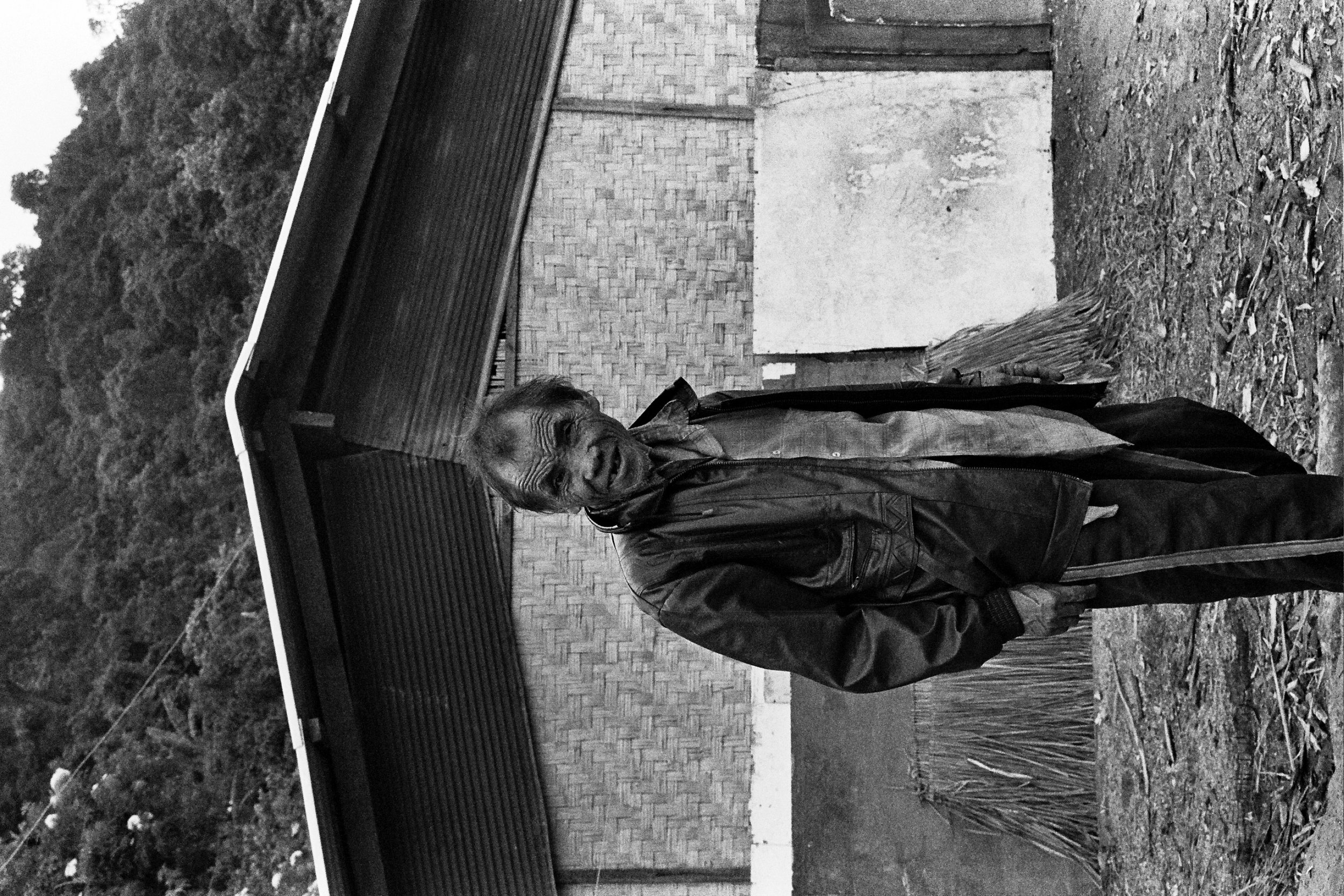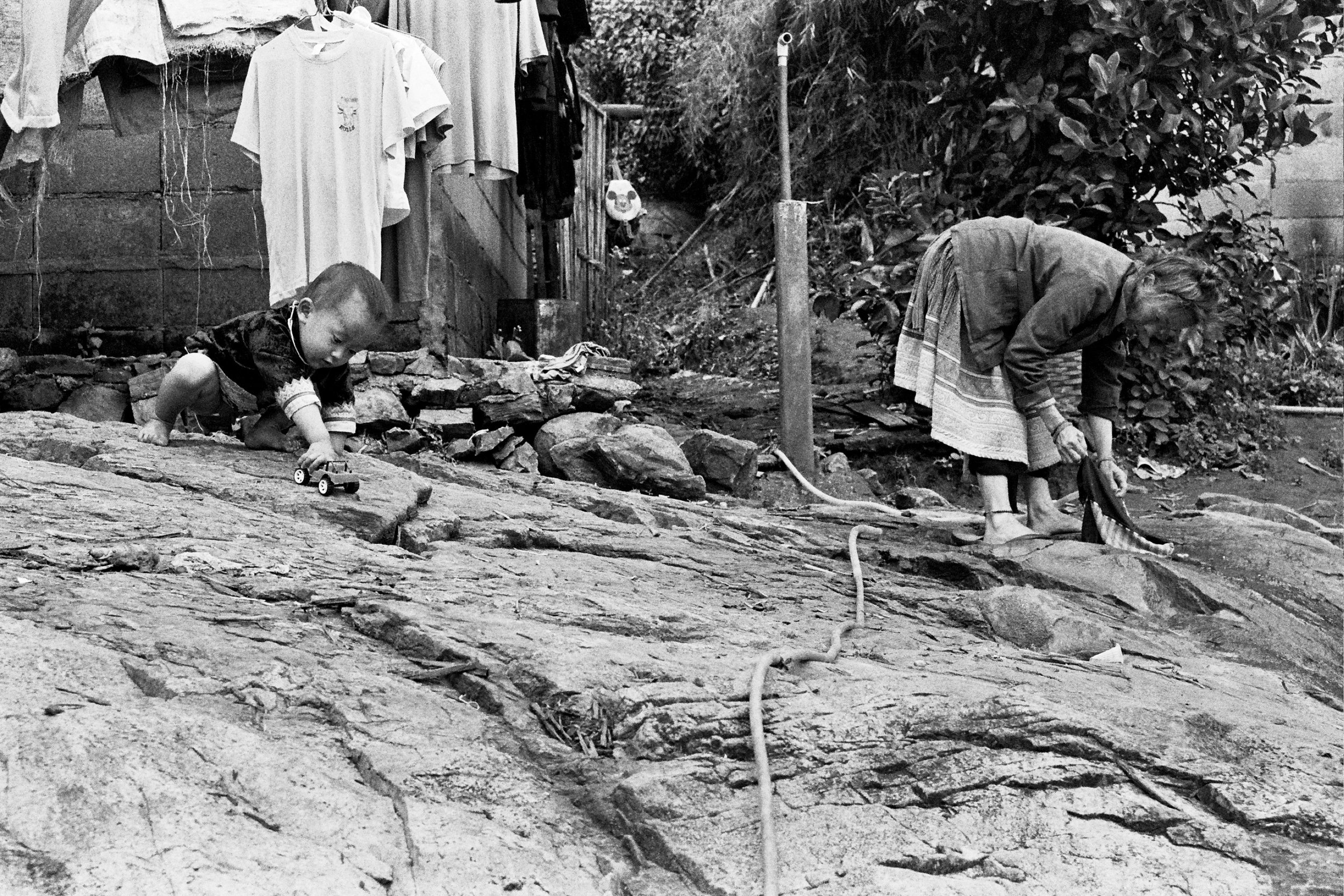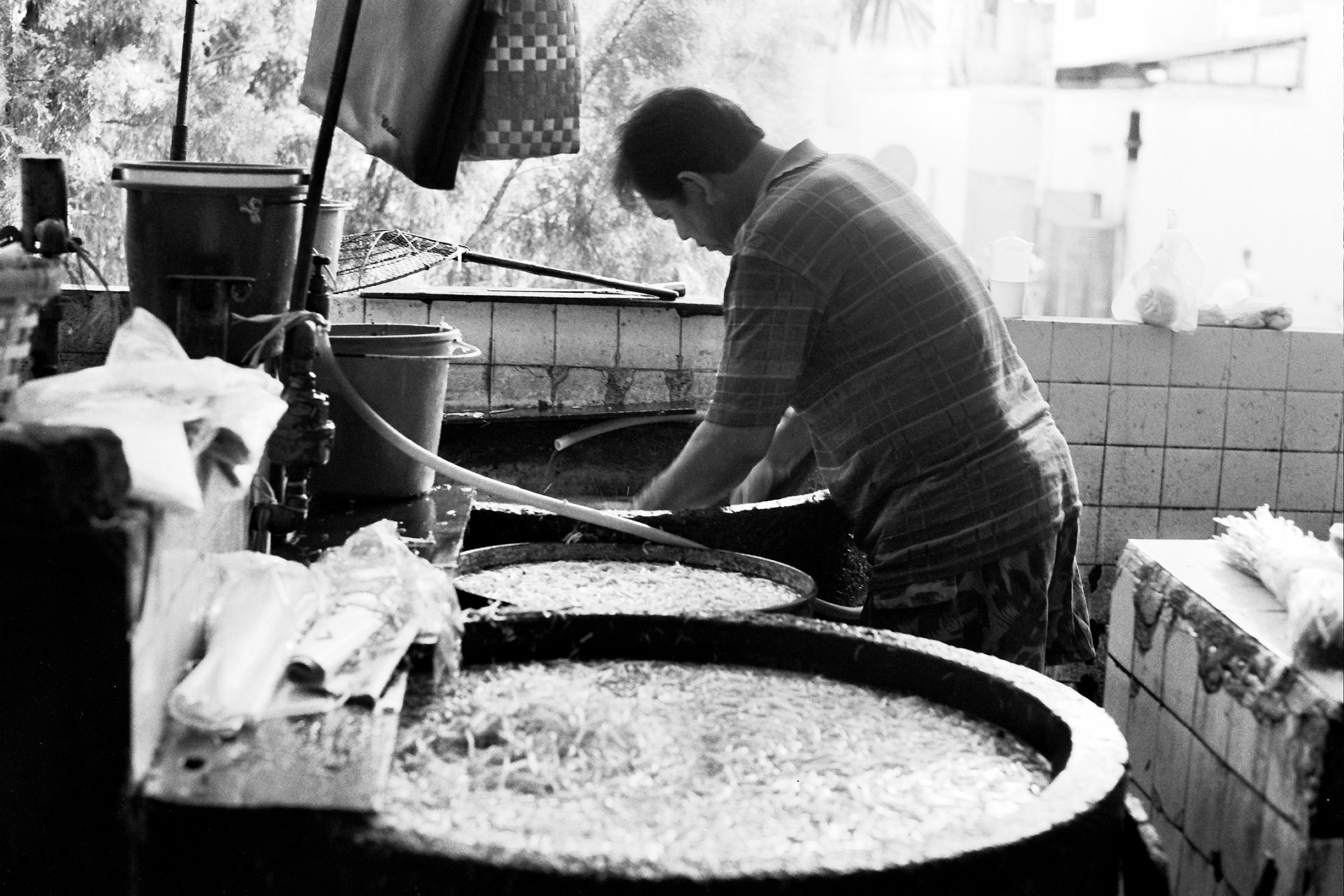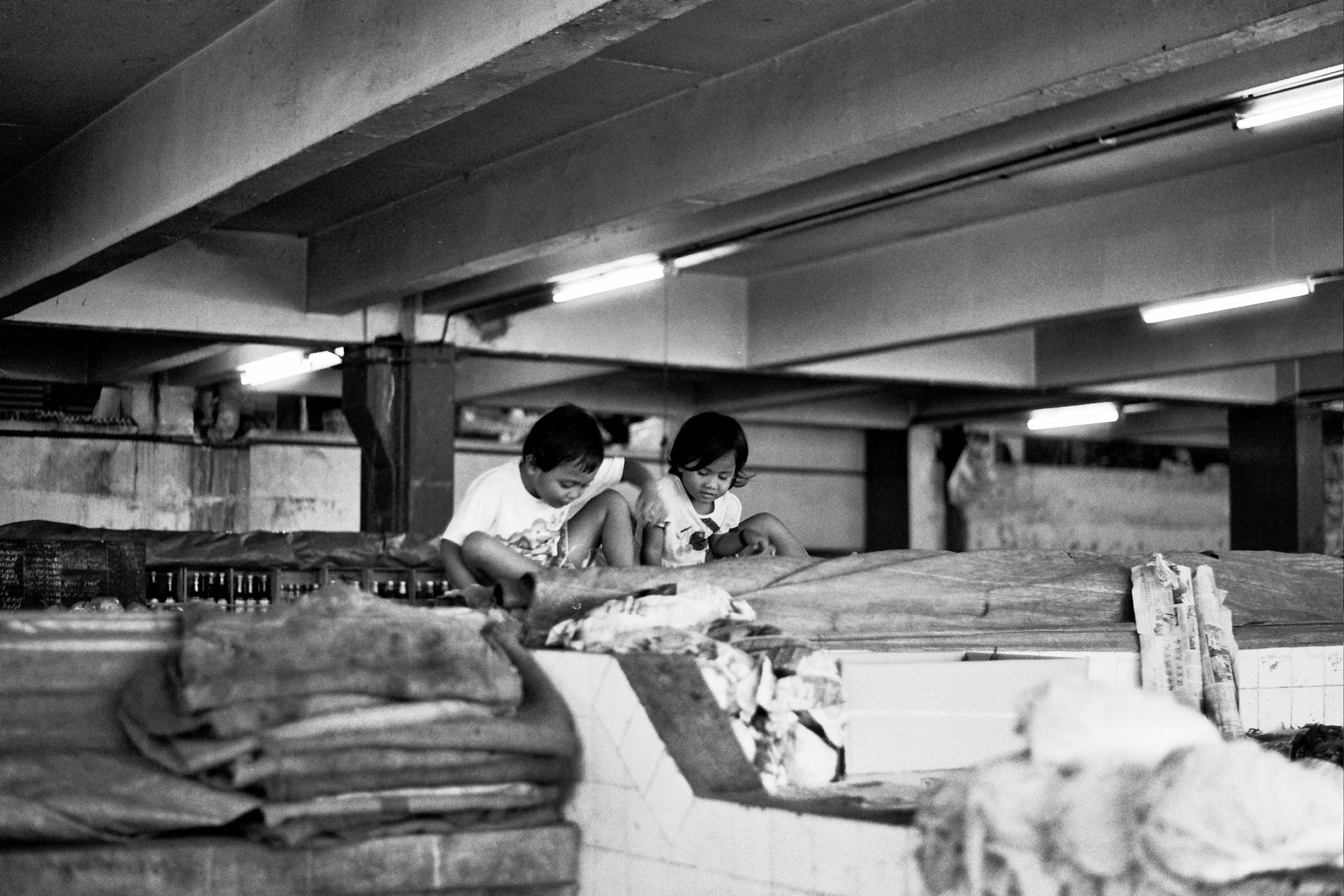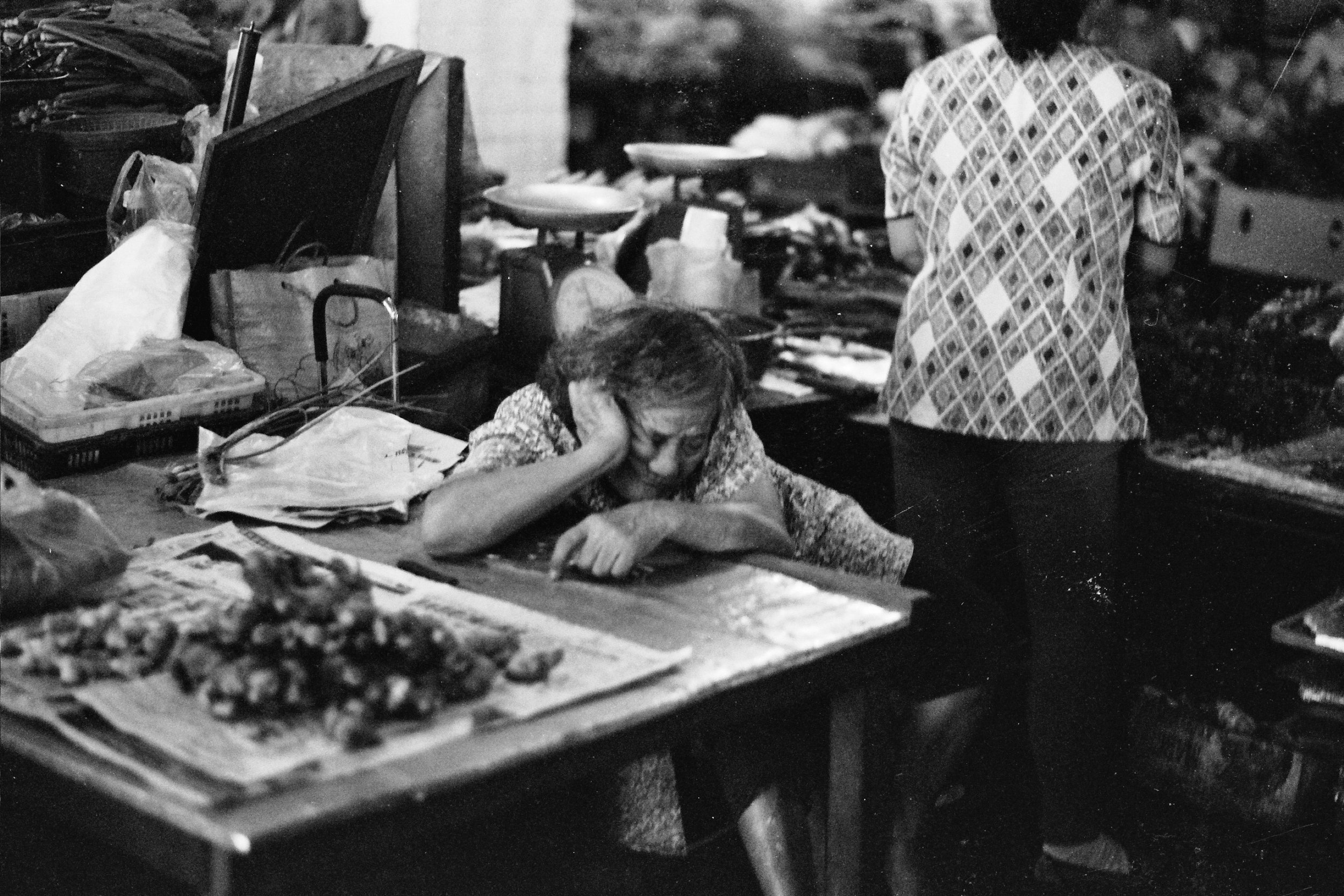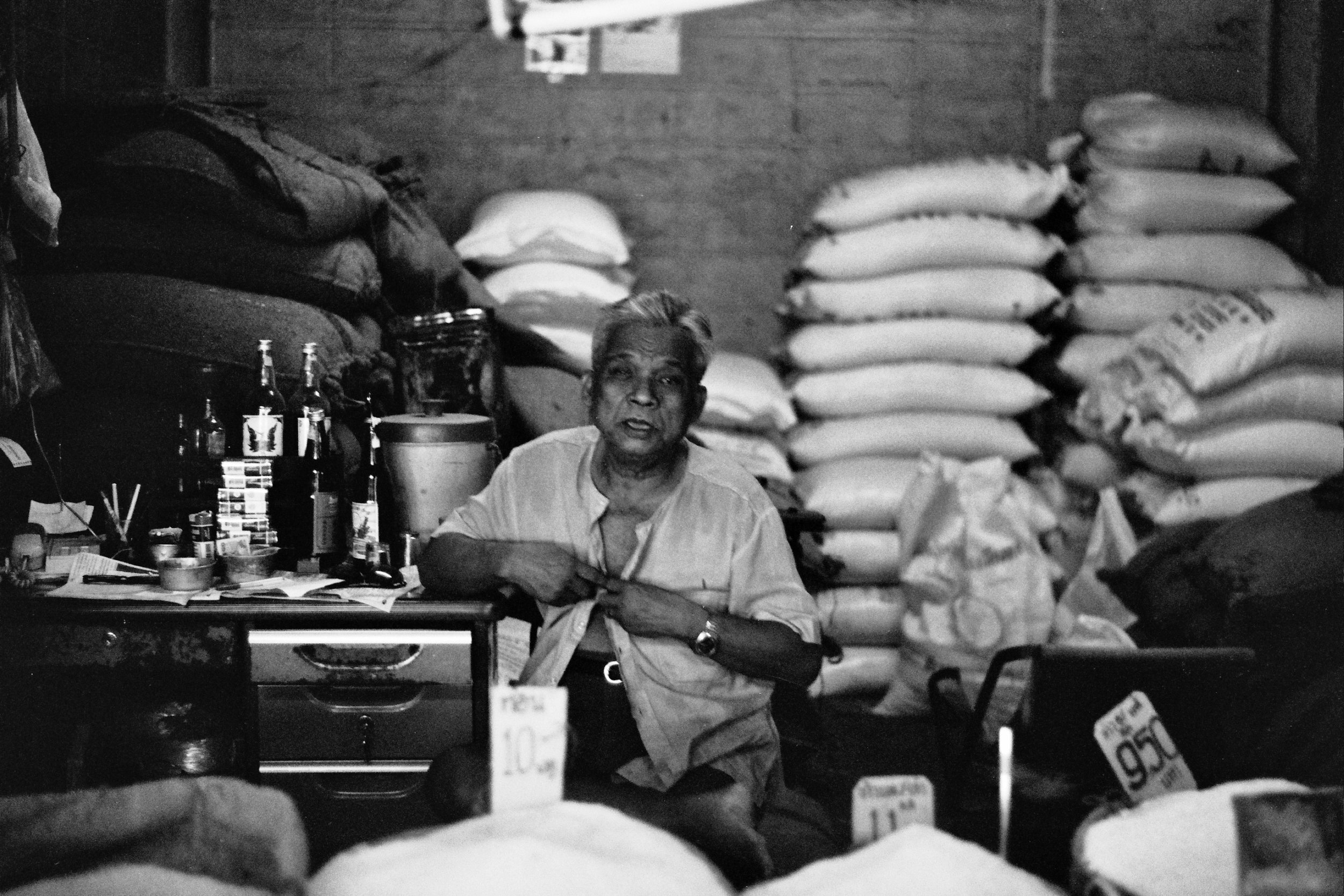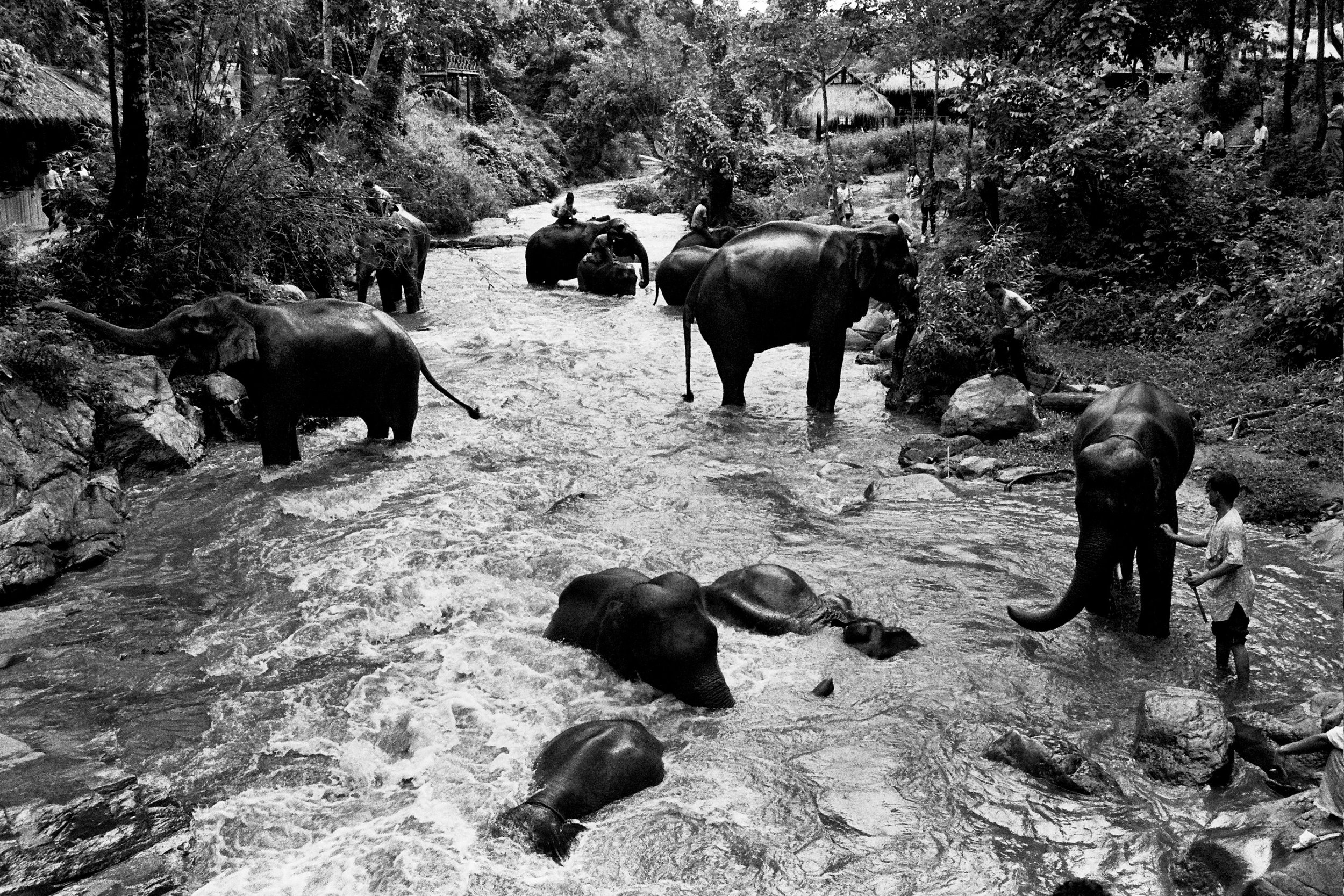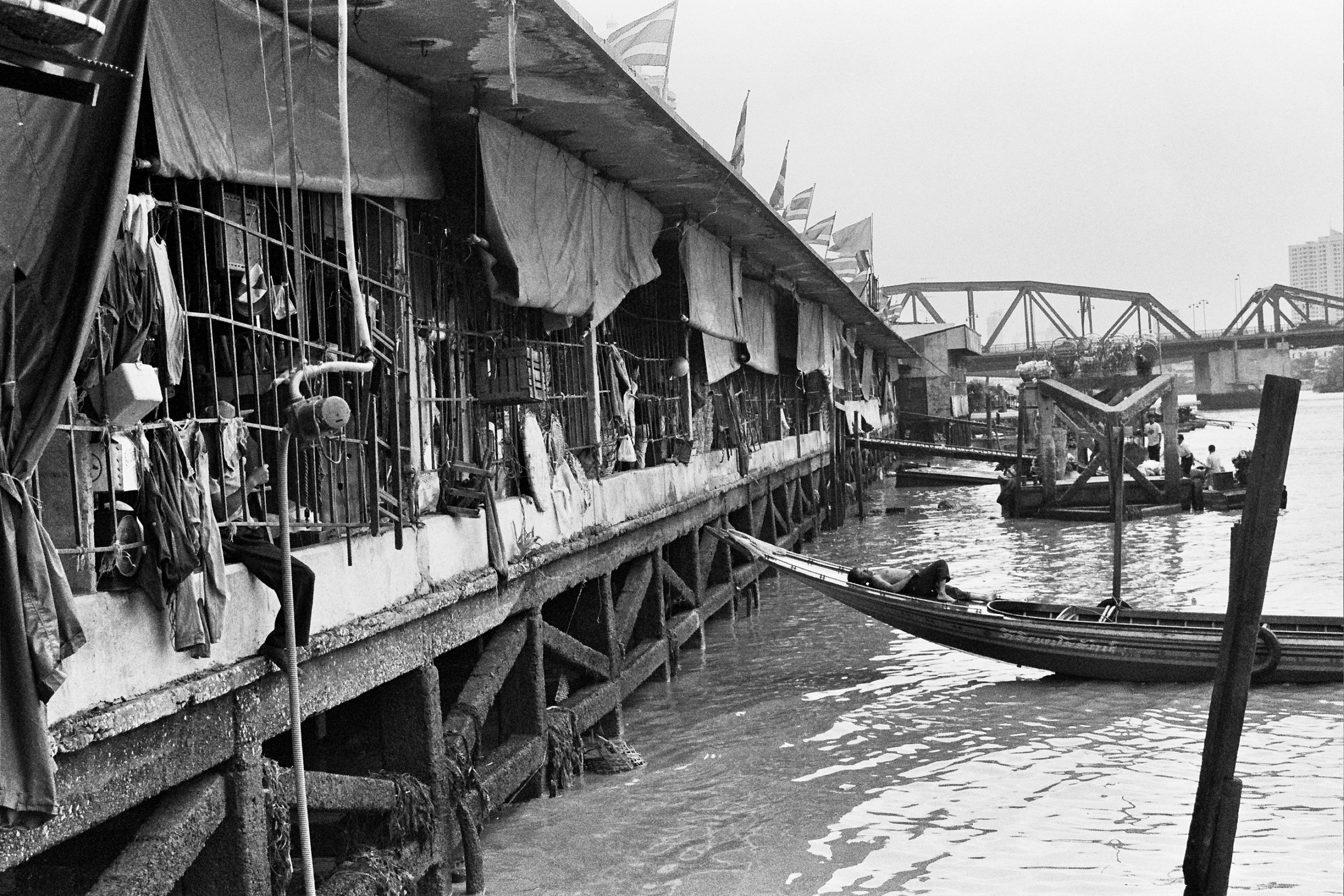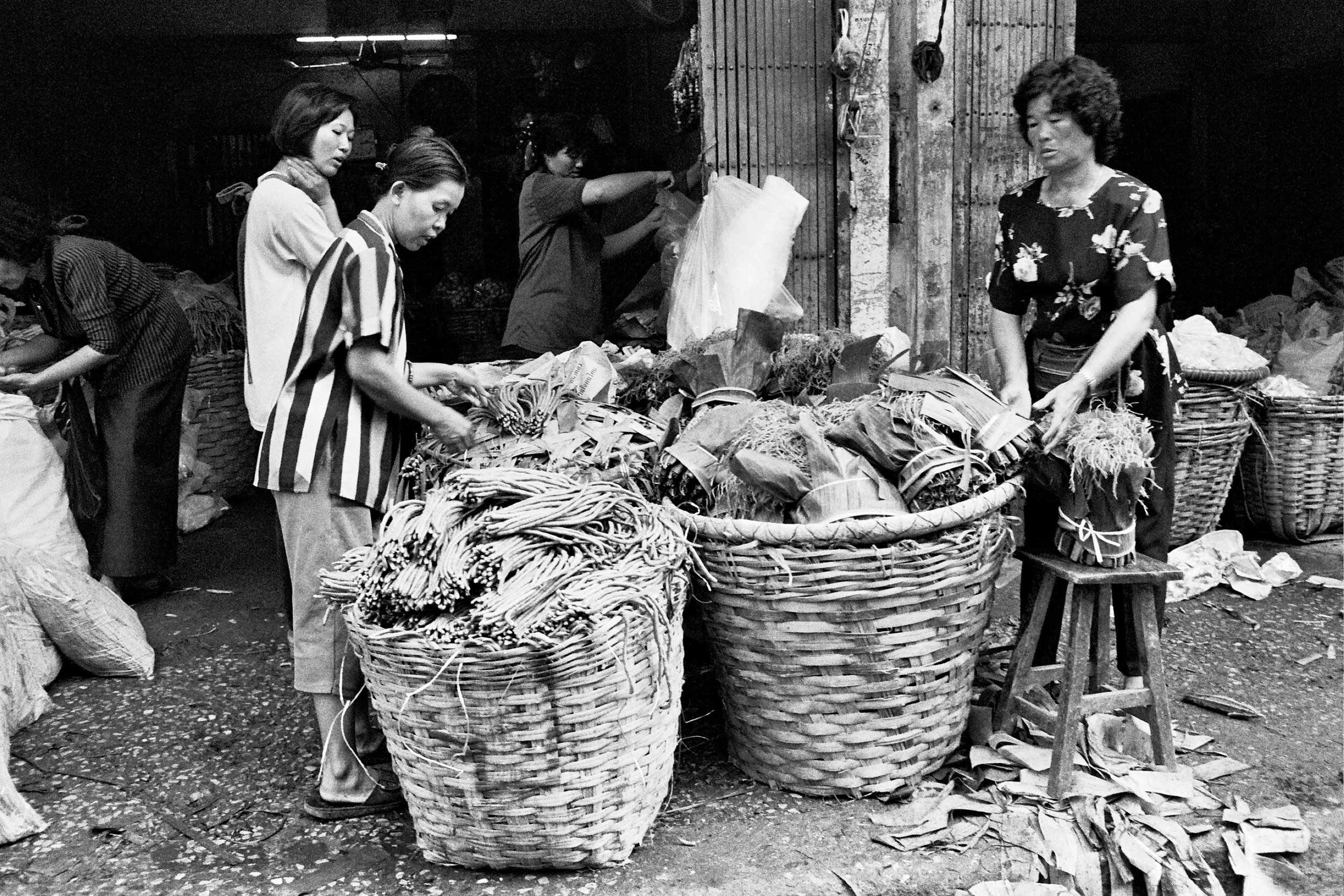Steve Unwin transcript ((this has not been deeply proofread, so expect typos etc)
Ben Yeoh (00:00): Hello and welcome to Ben Yeoh Chats. If you're curious about the world, this show is for you. Do we need language to be human? On this episode, I speak to Steven Uwin. Steve is a theatre director and writer, as well as a chair of a disability charity. We speak about the challenges of running a theatre, touring, the strengths of realism and human scale theatre and what it's like to go viral on Twitter. If you enjoy the show, please like and subscribe as it helps others find the podcast. Thank you, be well. Hey everyone. I'm super excited to be speaking to Steve Unwin. Steve is a theatre director and writer, amongst many accomplishments he's been the artistic director of The Rose Theatre. He founded ETT; English Touring Theatre. He's also the chair of the charity kids, which provide services to children with disabilities. Steve, welcome.
Steve Unwin (00:57): Thanks very much. Lovely to be here.
Ben Yeoh (01:00): So Steve, do you think we need language to be human? I asked this cause I guess I've been asked an exam question from science or neuroscience and the typical question goes, does language make us human? Is it the defining characteristic? But if you flip it on its head that kind of suggests that people who don't have language like us are not human like us, which is perhaps a troubling set of circumstances to be in. So do we need language to be human?
Steve Unwin (01:36): That's a big, big, brilliant question. No, of course we don't need language to be human. This goes right back to classical philosophy and the kind of endless question about how we define human beings? What is human and what is non-human? And rational thought and language have been sort of promoted … for thousands of years as somehow the defining factor, but it's really not good enough. It seems to be that a human being is the offspring of two human beings and that's simply the best way of expressing that. I think that human beings are social animals however, and I think there is an interesting thing, which is the range of communication, which is available to human beings is enormous. So I think that by privilege's speech is the only form of communication, we actually miss out on [non-verbal] communication. The really interesting thing is that people progressives will talk about body language one moment and then the next moment they'll say speech is the definition of being human. So you want to say, well, what happened to all that body language that you were caring about? No, it's a big question, but we have to move beyond the definition I'm convinced
Ben Yeoh (03:21): That makes a lot of sense. So we'll come back to perhaps disability and the meaning of humans and things. But I was wondering first on the theatre theme, which I guess is a communication theme. You're a rare breed of theatre maker who continues to have a directing and writing and theatre career over many decades and there's plenty of debate today as to whether British theatre is building back better and whether it's embracing creative opportunities or perhaps stuck in a rut. How do you feel theatre making has developed over the decades and where do you see its strengths and weaknesses now?
Steve Unwin (04:02): Another enormous question. Well, I've been working in theatre predominantly as a director for 40 years and there are a lot of things which have changed over those years. There are some things that stay the same. I think that what I am concerned to see in the theatre, but actually in broader, in culture and indeed in disability politics, which is another thing I care about a lot, is a human being in all his or her or their frailty and complexity and multifacetedness and I suppose in all the theatre that I have enjoyed watching, trying to make, being part of has been about the human being, the human scale, the fragility of human beings, the delicacy, if you like, of human experience. And certainly that's the kind of theatre that I am drawn to as opposed to fantasy and techno and violence, which, I mean, all of those are parts of human experience. I recognize that, but I'm most interested in theatre and this is what I like about the theatre as opposed to film, … but is that there is a human being in …, there's a human being on stage …if you like. So that for me is the spread that runs through all the theatres that I've enjoyed and also not enjoyed. I tend to prefer going to see a new play than an old play, because I like the-- I you like the innocence that you bring when you go to see a new play, because you want to know what happens next, you want to know who these people are, you want to know what this story is, what this family is, what is happening in this world the writer is presenting.
Steve Unwin (06:37): So I sort of prefer that than going to see yet another radical take on established classics. Now, I've done that… work myself over the years and I'm aware of that, but that's certainly my taste when I'm going to a play and I suppose that I think that the development of new writing which catches modern human experience is what I think is the most important thing that can happen. Now, that to me should be about writing, which I feel is engaging in what it is to be human, going back to your other question rather than simply engaging in questions of form. I mean, of course, form, but it seems to me that new content should come first and form should result from content. And I think it's important to recognize the number of experiences, of modern experiences, which the classical writers weren't able to write about. It's not their fault, it's there from the past. And so there's so many different kinds of ways of--different kinds of experiences which are being more and more validated. Like for example, Non verbalism, we are talking about … all sorts of issues amongst culturalism and gender politics and so on which are new kinds of experiences. So I want to see new plays. I do believe in drama. I do believe in plays. I think the playwrights… I mean, of course the death of individual playwrights is inevitable, but I do really believe in somebody sat there writing a play, writing a story with people [… people talking to each other, connecting with each other and through the action of the drama showing some kind of psychological, social, political, cultural change. That interests me still. That interests me much, much more than the new style of directing.
Ben Yeoh (09:24): So content first or content over form and the present, because in a way the present can talk about class, disability, gender things, which in the past were not to the fore. I mean, I find it interesting that-- Actually, we'll come to the fact that disability very poorly if ever represented on the stage, but even notions like class, which particularly in the UK seem very current, seem to have fallen away from the stage a little bit. And I think back when you are thinking about your sort of decades and the way you articulate it, 1950s, 1960s, world court, Berlin, Germany have that-- the theatre which starts there seems to be of this human scale idea that you talk about and the way it's developed, we still have some of that but like you say, perhaps a little bit less so in the last decade or so. Is that your impression and how you see it's developed or do you have a little bit of a different reading?
Steve Unwin (10:29): Well, I certainly come out of the tradition which is.-- You're right, of the old Royal court. When I was in my teens, I was seeing in the Royal court and obviously the impact of the [Berlin] ensemble … and of the political and social readings of Shakespeare and of classics. That's certainly where I come from. Now, of course that must always be challenged because if you look at that, that was … It was all kinds of things, all kinds of charges should be leveled against that and I recognized that and yet at the same time, it was perhaps more socially inclusive than some people remember and I think most importantly there was a realistic attitude to human life, to human beings. Of course I don't mean naturalistic. I mean, realistic. I mean people live in society, that people live next to each other, that people interact with each other, but we are shaped and created by our environment and our class and our gender and our sexuality and our religion and all the rest of it. But that work and I think this is one of the hallmarks of all the great classical writers actually, is that that work sees the human being in the society. It doesn't imagine that human beings are this kind of isolated. I sometimes think that we have a rather romantic notion of characters. There is this kind of I stand independent of my time, which I don't think one can stand independent of one's time or background or class or whatever.
Steve Unwin (12:34): So, it's not that I think, oh God, I want everybody to be doing the Berlin ensemble in 1949. I really don't. I really don't. But I do think that there are lessons to be learnt from that moment and from the Royal court and I suppose from the tradition of realism, social realism, political realism. I think there are still great things to be learned from that and I emphasize that's not to be confused with naturalism, although I think that naturalism has great values and great radical values, which of course is unfashionable now … . It's a phrase that I always get wrong, but I love. So it's something like there is more poetry in the apartment of the [bourgeois]… than in all the faded palaces of history [Zola quote] and I kind of love that, that in everyday life there is poetry and this is in a great position to get back the ., the great painters; but there is poetry and meaning and value in a theme set in the kitchen … Well, there's a reaction against that, which of course I understand. But I came of age in the 1980s. That was my time. I left university in 1982 and what we were all engaged with … all sorts of various companies but I think we were engaged in with a reaction against Royal court naturalists and we said … and I was involved in all of that.
Steve Unwin (14:54): I look back on it and I go, it was… that tension with that, but we were perhaps—.… There is a value in that social realism and I was getting all wrapped up in magic realism and all of that and then of course funding and a different tradition, which is liberating. It's liberating but it's also problematic. I remember reading Measure for Measure, which is one of my very favourite Shakespeare plays and it was all about the …liberation, sexuality and the play was kind of-- the over script was about the overthrow of repression. But when I look at … what I see so much is the problems of commercial theft, which is disease and exploitation and the play seems to be dealing with that rather than this all being jolly good.. . . I think it's just really quite complicated but sexuality is complicated because of course there's love and freedom on the one hand, but there's also this thing called exploitation and violence and disease and all the rest of it. So, I think that Shakespeare brilliantly is being realistic and paradoxical and not saying hurray for unconstrained sexual expression.
Ben Yeoh (17:05): That makes a lot of sense, a lot to unpack there. I'm thinking with this--
Steve Unwin (17:09): Yeah, I suppose that's too dense.
Ben Yeoh (17:12): I'm thinking of this tension between, I guess the realism naturalism school and the say magic, realism, clowning, other traditions, which entered … counter reaction to that and where we are merging today and I was thinking about the history of … theatre making was touring ETT and then theatre building, Rose Theatre and I was intrigued to think, is there anything which you think is really misunderstood about running a theatre building, so being kind of place based and community based and developing a work there. Does that make it easier to be part of a movement or something where you are reacting either for or against something and would it learn something form touring or vice versa? I was just interested. So do you think anything which is really misunderstood about a theatre building? I meet a lot of theatre makers and they kind of think, oh, having a building is the be all and end all. And then some people who come out from buildings like, oh, I can't, can't wait to be rid of that. I want to be touring or making my own work again.
Steve Unwin (18:26): Right. So, it's all interesting Ben. In a moment I want to get back to the 80s cause there's something I wanted to tell you about, but let's look at this first. … says there is a world elsewhere and I think that's a really important point that in Britain, unlike actually in a lot of European countries, everything is so centralized in London. Where I live, where you live, where most people are working in the city to live, not everybody, but lot of people and there is this kind of economy which is kind of feeding on itself and I set up-- Well actually there was this sort of a previous company, which I took over and changed the name and changed everything about it in 1993. It was called Century Theatre and I took it over and called it English Touring Theatre and we relaunched it. But I remember when I was applying for that job, I did a play upstairs at the Royal court. … and I remember sitting there on the first night and looking around, you know, there's 60 people there and I kind of found that I knew nearly all of the audience and there were some theatre critics who I just sort of vaguely knew, but didn't really know. And I said what am I really doing? I'm doing this work for my buddies and for myself. This has no political engagements, if you like. So when I then took over ETT and we were touring, I think I did a production … which went to big theatres all over the country; Blackpool Grand, 800 people watching Midsummer Nights Dream.
Steve Unwin (20:15): And that seems to me is an engagement, a fascinating engagement, a difficult one. It's hard, it's complicated because you've got a difficult building in some ways, you've got an audience which is very, very different in all sorts of ways, all sorts of different expectations about what an evening in the theatre should be and so on. Incredibly difficult to generalize, but I found that that engagement with a very different audience and a very different group, incredibly stimulating. Stimulating and frustrating, challenging, thrilling and headache all at the same time. I stayed with ETT for 15 years. … Probably would say too long, but that's another question and I got absolutely devoted to those theatres that we toured all over the country. There are real, you know, for young directors wanting to do something like that, there are real challenges. It is not easy. At the same time making a career as a freelance director is not easy either. But it was just sort of a learning curve and an opportunity, which I'm so glad I had. Then going to [the Rose Theatre] which I did in-- when did I do that? 2008 was it? We opened it in 2008, Peter [Hall] , he was going to run it and then he couldn't. So I opened it and ran. Enormously challenging, enormously challenging. A beautiful theatre, which is too big, which has some major design problems and yet also brilliant in a suburb of London without any funding, any proper funding.
Steve Unwin (22:33): So, I spent so much energy trying to keep the place open, trying to manage all the different stakeholders who wanted different things, contradictory things. The theatre critics want one thing, the actors want something else, the local authority wants something, the university wants something, the town wants something, the business wants something else. Well, it was fascinating and I'm glad I did it, but Jesus, that was hard. I mean, that was really, really hard. And the honest truth is, I sometimes found that I was-- I mean, I think this was my fault, but I had moments of feeling very depressed, like really depressed that I couldn't-- how do you make this thing work? And so I probably would sometimes feel a bit negative and a bit this is all impossible … I mean, I think it opened and it worked and we built an audience and I'm really proud of the vast amount that happens, but somehow you probably need more magical belief than I had to really pull it off. It wasn't helped by the fact that I live an hour and a half [away]. I live in Northeast London and this is in Southwest London. So it'd be a kind of hour and a half journey first thing in the morning, and then getting home at midnight having watched the show or whatever it was that evening. So it was a very, very-- Yeah, it's hard.
Steve Unwin (24:25): So, I think running things is a really good thing to do for a director, but recognize that it's only, or rather recognize that the creative element, or well you have to redefine what creativity is. I mean, I look back and of course those two jobs allowed me the opportunity to direct a lot of plays and my CV is-- I've directed, I don't know, 80, 90 plays now, something professionally. So I've done a vast amount and that was helped by having my own company but I would reckon that in both jobs, the directing was 10% of my job. If only all one has to do was direct plays, that would be fine. I'd say particularly directing is very, very, very challenging.
Ben Yeoh (25:26): I hadn't understood how multi-stakeholder that was. I guess most buildings are there because some are placed in their community, but often have all of these multi-stakeholder issues. And actually it's the same interestingly with science today. I speak to a lot of people who go into sort of post PhD and they think about becoming a professor and they say, actually, I need to spend 60 or 70% of my time that high seeking funding and pleasing my other stakeholders to be able to do 20 or 30% of the science.
Steve Unwin (26:00): Exactly. Exactly.
…
Steve Unwin (26:03): Yeah.
Ben Yeoh (26:04): Go on. You wanted to make a comment on the 80s, but yeah, you had something to finish off on buildings, please do.
Steve Unwin (26:09): Well, I mean just the buildings, you've got to imagine the theatre critics go we want something to write about, we need a fashionable star and an event. The local authority says, what are you doing for seven year old, for children? Okay. The university says, where's the program for our students? How are you working with our students? We don't care about famous stars. Some of the philanthropists want you to do a good program for local disabled children or whatever, which is great. Other philanthropists want their brand to be attached to some famous name. So, if you like, corporate sponsors need that and they trust in foundations but another thing again-- So, the stakeholder map is deeply contradictory. What I wanted to tell you about the 80s, there was a particular project, which in some ways is one of the most successful things I did, but in a way marries both the notion of the social and political realism, if you like that we are talking about, but also the new forms and the explosive nature. I suppose, postmodernism, which was happening at the time.
Steve Unwin (27:32): I did a play by a German, playwright [Manfred Karge]. I did two plays by him, in fact, and this was called Man to Man and it was a one woman show, one woman play about an hour and 10 minutes and it was played by my old friend from university [Tilda Swinton]. And we did it at the [Traverse] and then it went to the Royal court. This was, I don't know, in 1986 or 7 [1987] …what he wrote was a play which absolutely had to have its own … theatrical self-consciousness and provocatory, fragmentary. It was a pop art in some ways, but with its roots in a real serious political analysis. So that, which was a big, big success, is an enormous bit. I think that was in a way, was what it seemed to me was the place where what I inherited met what was arising, if you like, what was just emerging … That for me was a very important moment about being able to be in the 80s while at the same time anxious about the 80s, if you like, which was, if you remember, the high time of … It was a pretty appalling museum culture, reactionary thing going on; bright side revisited.
Ben Yeoh (29:38): And were you in Edinburgh a lot of that time, cause you spent a lot of theatre work around the Traverse, right?
Steve Unwin (29:43): Yeah. I worked in the Traverse Theatre (Scotland. Edinburgh) as I left university in 1982. I spent most of the 80s at Traverse and started to do opera. And then in 1993, I founded ETT. 2008 I went to the Rose. So I was ETT all the time. In 2008 I went to the Rose, and then I left the Rose in 2015 and I'd been freelance. …
Ben Yeoh (30:19): … how did you describe London theatre where we feed on ourselves? Was [IEdinburgh] a little bit less [feeding on itself] so because you have the festival every summer or outside of the festival, I guess there's fewer theatres and it's smaller, but perhaps that means there's less feeding on itself to some extent.
Steve Unwin (30:39): Well, there's a funny thing. The British theatre every five years discovers Europe. There's this incredible thing called European theatre and there's always a new person who's discovered Europe again. What's amazing about when I look back on the early 80s, the festival was extraordinarily European and international. We had… every year in the festival, we had three or four international companies, South Africa, we had a big connection with South Africa. But then you get to Riverside studios in London … So I think at that moment, those early 80s were the most international I've known the British theatre and the influences on the thinking in the British theatre was very, very international. … Now, obviously a different stage in my life. I probably don't go to the theatre as much. I'm doing my thing and probably less aware than I used to be but yeah.
Ben Yeoh (32:04): Why do you think that is? Obviously we've had Brexit hit, but it seems like it's been a longer decline or a sort of up and down decline from that if that's true. Anything in particular you would point to, or is it more sort of like a wave?
Steve Unwin (32:22): I don't want to be critical particularly. I sometimes observe a kind of production happening to give a kind of … experience of something that happened 15, 20, 30, 60 years ago. So if somebody did something remarkable, we now do a kind of … event which has kind of got a nostalgia built into it. I mean, what I like, I want to go and see somebody do something new. I want to see a new experience. I don't want to see a version of something that I saw when I was a kid. So I think there's a disconnect, a slightly lack of self-confidence about the stories we want to tell and that's because I think that people have got so caught in how you do it that-- I had an experience the other night, I finally finally finally watched Parasite, that brilliant South Korean film and what I had with it, I thought it was completely marvelous until the last 35 minutes when it just descends into [a stylised horror]
…Whereas what was happening before was absolutely brilliant analysis of an appalling stratified class system with some people living in abject poverty and some people living in huge luxury and that was the brilliant thing to be seen and then I just want to go, why do you want to end it in Gothic horror?
Ben Yeoh (34:35): And this is a content over form?
Steve Unwin (34:38): Kind of [it’s a shame the creators thought] In order to make it exciting, we have to have people being stabbed …
Ben Yeoh (35:18): In some ways trying too hard to please, or to be visceral and therefore lose the heart of it. That kind of brings me onto my impression on how representative theatre is, and we've reflected earlier a little bit about class, gender, all of these other things, which have waxed and waned a little bit but one of those which is close to both of us is around, I guess, disability as widely thought about and my impression is that theatre doesn't seem to reflect those stories at all in its making or in its audiences or when it does, the work can be very flawed, sort of even more flawed than the typical cause obviously we need to experiment and make mistakes. But I'm thinking of puppet gate, I'm thinking of other stories here and maybe this is the way that the story seep in, you start with things which seem very narrow and trite and it broadens as people understand the richness of their experience, but it does seem to have got very stark or never really moved forward, both in the reflection of the stories at stages or its audiences, or I know you've also written about and looked about in the wider lens of disability in history. I'd be interested in how you see disability reflected in theatre or not.
Steve Unwin (36:49): Well, what I think is that if you just take a historical perspective for a bit. If you go back to the eugenics moment and I think the eugenics, not moment century, if you like, I've been doing a lot of research on that, which I can explain in a minute, what you see is a very peculiar, double standard, which is a large number of progressive artists. The kind of people we would regard as kind of, we have on our bookshelves Virginia Wolf, DH Lawrence … HG Wells and so on and so on and so on. …there are lot of those people who fought for the great progressive causes, whether it's women's rights, whether it's sexual liberation, whether it's gay rights gay rights slightly less but the others and a more equal society. This group regarded people, particularly with intellectual disabilities but even with physical disabilities, with utter content and supported the eugenics movement, which thought that there were ways of stopping these people from reproducing, which was sterilization and segregation and that somehow that disability and neuro disability with a person on the planet, which needed to be got rid of. Some of them even suggested murder and of course murder happened under the Nazis and sterilization happened on a massive industrial scale in America.
Steve Unwin (38:46): So then what I'm trying to say is that I think that disability and particularly neuro disability, intellectual disability is… is a blind spot with liberals; which I am a liberal … And I think it goes back to your opening question about how do we define a human being as a human being. What I'm saying is that if you think that the most important thing in the world is to be intelligent, to be clever, to talk at least, to read lots of books, you really can't cope with somebody who isn't and somebody who doesn't talk, or doesn't read lots of books, and you find that somehow appalling sort of visceral appalling. And that double standard is still evident and I can give you a real example of this and I'm going to come to the theatre in a second. I'll give you a real example. You remember the Euro football match, which was the final… you remember the lad who missed the penalties at the end. They all happen to be three black lads… and there was a lot of racist abuse of them. What was interesting looking at Twitter was how many people attacking the racist said, oh, you're a racist “moron”, or you're a racist “idiot”, or you're a racist “cretin”.
Steve Unwin (40:27): So in other words, these liberal progressives … [those who] champion the cause of multiculturalism and diversity, [who think] racism is bad. Racism is bad. So the terms of contempt [idiot, moron] that were used to abuse and segregate and sterilize and attack and even murder people like frankly, our kids. Those words are still fair game. That kind of abuse is still fair game. And that, I think just shows the most vivid way, the way that progress, the way that this subject, this experience, not so much physical disability, but intellectual disability is still a great problem for progress and progress is of course, you know, work in the theatre. There are people who are changing that, there are people who are fighting that. I'm not a lone voice at all. There are lots of people doing good stuff, but I think there's quite a long journey to go. [Unwin makes the point that liberals/progressives are unaware of the origins of such term like “idiot” which stems from abuse of disabled people]
Ben Yeoh (41:38): Has it always been this way? Actually, I probably have found through your work, Tom Shakespeare's and some others (see Dan Goodley) more relatively recently sort of the history of disability or disability studies. If you look back in history, has it always been like this or was specifically that intellectual movement around that eugenics time kind of catalyzed this movement against, and that stuck with us for all of these complex reasons that you said and haven't dissipated to the same degree?
Steve Unwin (42:13): Well, I think in a way the critical moments of this are much contested, but I think the critical moment is the enlightenment of the 18th century. Now the enlightenment, hurray, bring on the enlightenment. We all love the enlightenment, but of course, what that started to do was categorize human beings. And so there are some people like this, other people like that. This kind of categorization taxonomy said that there was this group and this group needed to be put into silence, needed to be other, needed to be treated in all sorts of ways. When that then hits the late 19th century with the crisis in overcrowded cities, hygiene, all sorts of anxieties about the mob and the mass and the great unwashed and all those terrible phrases, the group who had been regarded previously as a fairly small group of what was called the feeble minded, then expanded exponentially to include anybody who people didn't like. So, alcoholics, schizophrenic women who got pregnant outside of marriage, et cetera, et cetera, were all bundled into this group called the people minded and terms like moron and idiots and so on were invented to categorize this group. And that hit it in the most dreadful moment, of course, under the Nazis, but actually even in the 50s and 60s and even right through 70s and 80s, there was still this notion of this group, this other group who are not like the rest of us as if it was an absolute and if it was a binary choice between intelligent or not intelligent.
Steve Unwin (44:14): So I think the thing about intellectual disability is that it's an idea as much as a reality and the more that it is kind of labeled than others, the more it becomes problematic for people. So there is a brilliant new book for those they call idiots, which shows that George and London were rather relatively good at accepting and including people with different sorts of brains. So, of course George and London is pre-enlightenment. Moving on into culture, the great movement in intellectual disability is self-advocacy which is and still endured as a very, very important argument that people with intellectual and other disabilities should speak for themselves. They can speak for themselves and we must listen to their voices and that highlighted a very important phrase, … “"Nothing About Us Without Us!" No policy about a group without including them or without them being (consulted) by that group, by people from that group and that is hugely important. I think there's a nuance, however, which needs to be understood particularly when it comes to intellectual disability. My son, Joey, who's 25 has no speech. He's not autistic. He has no speech, but he's never developed speech. He has very severe intellectual disabilities. He can't write a play. He really can't write a play. He has no words. He can sort of say “cup of tea”, and he said no other words. He weirdly sometimes says cup of tea, which is a very odd thing.
Steve Unwin (46:37): So, it's not good enough just to say self-advocacy, nothing about us, without us. If one is trying to engage with some of the most severe disabilities, it is absolutely right with moderate disabilities. Of course it is. I suspect that the answer is to see self-advocacy as a continuum rather than an absolute. Let me explain what I mean. So I don't have intellectual disabilities and I can advocate for myself in most situations, except I need a doctor when I'm ill. I need my accountant to sort out my miserable, small amounts of tax every year. When my car doesn't work, I need somebody to fix it cause I don't know how to open a bonnet. So I need people to do things for me. I cannot internally self-advocate. I am not an entirely independent person and no doubt as I get older, I will need-- When I was a baby, I did and when I get older, I will need care and support as I become disabled through old age, this is what happens. So, in the same way that I am not an entirely autonomous human being somebody with disability, with evident disability can't be an entirely autonomous human being. And then right to Joey, who does advocate for himself, but in a very, very particular way and actually frankly, a small way, but his very presence is an act of self-advocacy. So it needs to be regarded as a continuum and not binary and I think that that's a kind of nuance that the politics and the cultural politics needs to embrace. I think there's some people who would disagree with me and would tell me off for saying that, but I think that's where I've got to…
Ben Yeoh (48:52): A continuum structure articulated that way. It seems to me one definite way that you can make it work and like you say, self-advocacy can only go so far in all circumstances, particularly if you have a pluralist view of the world.
Steve Unwin (49:12): I think that's right. I think that's right. I…I wrote my 10 points about what I want to see in representations of learning disabled people. I don't know if I can remember them all, but they're all about not seeing learning disabilities as a metaphor, start seeing it as a reality. Don't see it as a tragedy, but also don't see it as, you know-- I had this funny debate with somebody the other day who said, yeah, but learning disabled people are really clever and [but I would argue but not all] … I think what I want, and I've just been reading Tom Shakespeare. I think it says the same, but in a much more sophisticated way is I want kind of realism about all these issues.
Ben Yeoh (50:13): The messiness of humans.
Steve Unwin (0:15): Yeah. It seems to me it's highly possible to say that something like my Joey has infinite value while at the same time saying he has very high needs. We've got to be able to do both. The danger with some of the disability arguments at the moment is that they actually-- By emphasize high achievement all the time, they're actually replicating the structures for the rest of the world, which say high achieving people are better than low achieving people. That's their problem.
Ben Yeoh (50:55): I see that and I hadn't heard your articulation before with the clarity about how, where we get to say, for instance, in theatre or art today being so influenced by the enlightenment and a set of intellectuals is still weighing down this area of humanness because of the disdain that they held a lot of these disabilities. And in some ways the metaphor is no reason why you can't walk and chew gum at the same time. There are a lot of these things where you can show that you can be very loved and have high challenges, be very human, but still have a lot of needs. And that maybe brings me onto the fact that you are one of the only people I know personally who has gone viral on Twitter … What was that like? And I guess you probably wouldn't suggest it to anyone else being viral for a few hours or a moment in the sun, but it was due to the fact that we can celebrate a certain aspect of being human and that's okay. Would you like to describe being viral on Twitter?
Steve Unwin (52:12): I forgot. I think I've been viral on Twitter, I think three times, or is it two? I can't remember; all about Joey. There was one, which was Joey's 25th birthday and I put a lovely photograph of him on his 25th birthday and I said, he's 25, he's never spoken a word and he's taught me more than I've ever taught him. And it went-- I can't remember how many things it did, it went absolutely mad and that was a bit weird, the phone just kind of nonstop, but anyway, for a few hours. And then I think we were trending from it. But I think what was interesting about that is that I was sort of presenting people and this is what I try to do, I think is presenting people with what seems like a contradiction, which is somebody who has not spoken, might teach and it's true. He has taught me, he's taught me more than-- I mean, I've got three kids. My other kids have taught me a few bits and pieces, but I've probably taught them more than they've taught me. Well, certainly my 13 year old daughter, but Joey, I've tried to teach him a few things, I have not really succeeded, but he's taught me a lot. He's turned my life upside down, you know, my whole world is different. That was interesting and then the other one which was right at the beginning of-- I think it was new year's day of 21, I put up a picture of Joey and me on our sofa and I said how terrible it is to be the dad of a learning disabled kid and Joey and I were laughing. We're obviously smiling and laughing and tickling each other and what was interesting about that is I got hundreds of responses of-- Did you do it, Ben? Did you reply to me? I can't remember.
Ben Yeoh (54:07): I [don’t think so] I don't tweet so much on that and I hadn't been using Twitter so much there, but it was the mock gloom, I think was the phrase at the time.
Steve Unwin (54:17): So what was interesting about this is that hundreds of people sent photographs of them and their learning disabled child or brother or sister or whatever, you know, climbing a mountain, going to the pub, having a laugh, doing lovely things and I then would reply to every one of them and say, oh God, how awful, I'm so sorry, thoughts and prayers. I just did a whole risk on this. Every single one of them I replied to and what I think was interesting is that what they were saying I sensed is it's not the person that's the problem, it's the bigger problem, which is if we face problems with our learning disabled kids or whatever, it's the way that society engage or fail to engage, or allows, you know-- You can have a wonderful, wonderful time with somebody who's got profound learning disabilities. You can have a huge laugh. It can be brilliant. You can feel real joy and love of course. But once you step out and try and get a service, try and get an education, try and get housing, try and get financial support, trying to get all those other things that these people need, that's where the problem lies. The problem is not in the person. It's the social model of disability, if you like. The problem is a broader one. And I think that's what that tweet-- the reacts that tweet brought out which was lovely. There was another one that went viral, but I can't remember which one it was. Anyway--
[…]
Ben Yeoh (56:04): …The way you express that as a moment, which essentially encapsulates that social model or disability, or this idea that if society's rules changed, then naturally everyone would be better off. No one would be the worst off and that's the core of the problem. Not the relationship.
Steve Unwin (56:29): I think it also defies the tragedy model in that kind of ironic way, because these pictures would be, you know-- So I'm saying, oh God, it's absolute hell and there would be some lad tossing his chocolate cake and having a laugh. You know what I mean?
Ben Yeoh (56:48): I had a similar moment with Sally Phillips who's been on the podcast as well, who has a disabled son saying we've got very high challenges, but actually huge moments of joy as well and we need to be able to celebrate that as well.
Steve Unwin (57:04): Sally is [great] but you've also had Dan [Goodley] on the podcast, haven't you?
Ben Yeoh (57:06): Yeah, Dan Goodley, talking very specifically on disability studies. I don't know him well. I should send a message to Tom Shakespeare cause I think his work is very interesting here as well. This maybe brings me to a short section on underrated or overrated or commentary. So I'll fire out four or five little kind of words or ideas and you can say whether something is overrated, underrated, or you can pass, or you can just say some comments about it and then we'll wind up. So overrated or underrated, Bob Dylan.
Steve Unwin (57:51): Well, I love Bob Dylan. Absolutely love Bob Dylan. Actually I think there are parts of Bob Dylan which are overrated and there are other parts of Bob Dylan, which I think are underrated. So I think both but I think I have a theory. I have a theory of five great artists of the 20th century; … but five great, great artists and this is pure, pure provocation, but anyway Picasso, Joyce, Brecht, Bob Dylan. They're all [modern]. Those are my five names. What they are is they're 20th century artists who could only be in the 20th century. They produce 20th century art, but there they are. Disagree… I've said it before, but I get shot down but anyway.
Ben Yeoh (58:49): Two and a half of them are playwright. That's interesting as well. So overrated, underrated Piero Della Francesca.
Steve Unwin (59:04): Oh, sublime genius. My favorite painter probably. Probably underrated, although I don't know what critical opinion of him is at the moment, but there's something about Piero. Well, in fact, I was on a podcast called my favorite work of art and I did the baptism of Christ. Piero is that phenomenal, cool, objective. Everything is counterpoint. The resurrection … is the risen Christ coming out of the tomb, staring straight at us and below the tomb of the four soldiers are all asleep and that for me is like it's Shakespearian in its counterpointing. That is, if you like, the essence of the embodiment of the realistic condition that I've been talking about is yes, there's a spiritual element. … it's also completely materialistic because the soldiers are all characterized and individualized or asleep. No, I love Piero. I love Piero….
Ben Yeoh (01:00:26): Excellent. Underrated, overrated, having your own library. I think again, you are one of the few people I know who've gone viral on Twitter and I haven't. You're probably one of the few people who I think have more books than me. I think I have maybe 1 to 2000, so in the low thousands, but my impression is you have several thousand, so you are a tiny order of magnitude above me. Is this overrated, underrated? How much do you love your library?
Steve Unwin (01:00:57): These are very good questions. I wrote a thing on my blog about my library and I absolutely love my books. It's an illness. So I finished a book last night and I said to Jenny, oh God, what am I going to read next? I haven't got enough books. I need some more books. And he said, yes, go and buy another one. I don't know. My books are like my past. They're like my life, they're kind companions through my life … There's a really broad range of stuff. There are a little tiny bit of them behind me here. I can't read on-- I find it [hard to] read on a Kindle. I don't like it. I like the book. I read in the bath, but I can't hardback in the bath. No, I sometimes think there are three-- My brain at any point has got three compartments. My family, my friends and people I love is in one compartment. There's my work, whatever I'm working on is another compartment. And then what I'm reading and sort of what music I'm listening to, but above all what I'm reading is the third compartment. I had this wonderful birthday present now three years running. I hope I'll get it again is there's a brilliant [gift]… you just get a new book every month and it's just a brilliant way of opening the brain, opening the brain, opening the brain. I'm a great believer in opening the brain, discovering stuff that you didn't know. I mean, I'm a complicated mix cause I do that and yet at same time, I get very fixed on-- I've got to read all of somebody who I've discovered and I'm quite systematic…
Ben Yeoh (01:03:09): Excellent. So that's definitely underrated having your own library, which is what I would suggest, and I've ended up-- I do read some on Kindle but I've ended up often buying the Kindle and the book. I just doubled down. It's like, well, I might as well get it. I might need to carry it around with me or like a heavy hardback. I quite like it, but I'm not going to carry it around. So I read a little bit more on the Kindle and then just end up having the book and I'm in a stage in life where I don't mind giving authors double or triple on their books.
Steve Unwin (01:03:43): You're a good man.
Ben Yeoh (01:03:45): So that's what I've ended up doing, having even more but I just got double copies now.
Steve Unwin (01:03:50): Yeah. Maybe when the study thing is over, I can come and visit your library. I love other people's libraries; absolutely fascinate me. So I'm in my dining room. So that's a lot of European classics So Dickens and things … Over there, that's all Shakespeare, that wall there. That's Medieval And Now Is This Okay to walk you through? ( Visuals available on YouTube)
Ben Yeoh (01:04:24): Yeah.
Steve Unwin (01:04:25): Since you asked about the library you might be interested and then here's my front room and this is all 20th century, all 20th century, 20th century, 20th century. …That’s all history in there and they're all piling up here. That's all sort of music and literary criticism and then we go into my study and this is all bunkers anyway, and those are all plays. That's all plays and drama and that is-- Well, this is all learning disabilities and the rest of it is just piles of crap.
Ben Yeoh (01:05:15): So, I think you are the only person's library I've seen who has more plays and more books on disability than me. So that is a great thing and I noticed also and I think you've written about this in your blog, your history books had a very special looking bookcase as well.
Steve Unwin (01:05:33): My history books had a special looking bookcase, yes. Well, that bookcase, my mom left Hamburg. My mom is still alive, left Hamburg as a child. She was born Monica Cohen in Hamburg in 1933, which is a bad idea and some of the furniture came, you know, they were a middle class family in Hamburg. Some of the furniture came with them, including that bookcase with the glass front which was, as I say, was in…Hamburg once upon a time and now here it is back…
Ben Yeoh (01:06:19): Great. Okay. So coming to our last couple of questions, maybe one would like to tell us anything about some of the current projects you're working on. I think you might have written a new play which you are looking to work on and have some ideas, and maybe you can interweave this with what a productive day might look like for you, but you can tell us maybe something about your projects and how that works into your day.
Steve Unwin (01:06:46): Well, at the moment I'm writing-- I mean, there is a theatre project that I'm meant to be directing next year, but in the spring, but God knows I won't go into that detail, but I've got three writing projects on the go. I've written a play about the wild boy of Aveyron, who was a lad who was discovered in the woods of Southeast France in 1800 and he had been completely uncivilized. He was 12 or something, and he had no engagement with human company at all. He was a wild boy and he was taken to Paris and he was taken under the watch of this guy [Inaudible:01:07:27] who wanted to teach him and he was interested. He thought it was interesting in what makes a human, going back to your opening question, what makes a human, how do you socialize? How do you learn human skills? But ultimately […] failed to teach him very much. And it's probably what's still not known to this day is whether the lad had learning disabilities, profound learning disabilities and had been abandoned in the woods because of his learning disabilities or whether because he'd been abandoned in the woods he never developed speech and the rest of it…. I'm very interested in the housekeeper, who actually ended up looking after the boy and that's the principle of love and care as opposed to science and knowledge.
Steve Unwin (01:08:23): So there's that. I'm just finishing writing a history of learning disabilities in culture and society going right back which is some of the stuff we've been talking about. There is a book, which I'm not going to tell you what it's about, which is coming out in the spring of next year, which is my surprise and is something I've been working on for 40 years and it's finally been published by a very classy publisher, but I'm not going to tell you cause I want it to have massive surprise and impact when it happen.
Ben Yeoh (01:09:00): So anyone listening, do watch out for that in the spring.
Steve Unwin (01:09:02): I'll put it up on Twitter the moment I'm allowed to, but that's what I'm working on and that's what my, oh, and then as you said, I'm the chair of this charity for kids. I stand down in the summer and most days there's a call about that, something that I have to respond to and I go for a walk after lunch-- I mean, the theatre has, which is okay, has slightly turned its back on me. I mean I still do some plays. I think my commitment to what I call realism, I think isn't very fashionable at the moment and that's life, but I'd love to direct some more. There are some plays that I really want to do…
Ben Yeoh (01:10:05): Great. So maybe that brings me to the final question is do you have advice for anyone listening, maybe reflecting on a conversation would be maybe what you have for thoughts, for people who are liberal. What should liberals be thinking or doing, or maybe you have some advice or thoughts for people who want to start off in the theatre because it seems a particularly difficult time for theatre at the moment. So I don't know, any reflections on anything you like to share?
Steve Unwin (01:10:37): Well, okay. So there's a phrase which keeps coming back in my head at the moment, which is there is more in heaven [There are more things in heaven and earth, Horatio, Than are dreamt of in your philosophy….] and that's I think one of the things that Joey has taught me. I didn't know anything about this stuff and then Joey turns up and it's like, oh my God, there's all of that and in a funny kind of way, I think that that's the same for people like me …when we start thinking about Brexit, we start thinking about all of these kinds of cultural questions. I mean, I've had a bit of a learning curve recently about France, which is something I didn't know and I hadn't really thought deeply enough and that's been a bit of a learning curve and I'm glad about that. But I think that people need to-- there's a little bit of digging ourselves into our own position. I just think we need to keep kind of opening up and finding connections rather than isolate ourself. So they're being more in heaven and earth and I feel that's my advice, but you know, my advice, if you listen to me, but for people wanting to work in the theatre listen, it's a big world out there and read everything, see everything, do everything, know everything and then you can get a sense of what you might do could be new and about now if you know an awful lot about what's happened already, what else is out? So yeah, you have to be passionate and committed to what you're doing while at the same time continually being open to contradiction. I think that sounds very wise and I don't know if I live it but I wish I did live it. Do you know what I mean?
Ben Yeoh (01:12:43): Yes. So open to connections, not simply closed in your own box and to be in the now particularly for theatre, it helps knowing where you've come from and what's exciting around in order to create work of the moment.
Steve Unwin (01:13:01): I think that's right and stuff, which is about now and stuff that can only be about now rather than about then and of course there are some human things which endure, but you can't, you know--
Ben Yeoh (01:13:23): Like those creators on your list. It can only be creators of the now, of this century or last century.
Steve Unwin (01:13:31): Yeah. It's interesting in the learning disabilities culture bit. It's my view that Shakespeare did not write about learning disability. There is character there with learning disabilities and in a way you kind of-- it wasn't really a concept. It wasn't really an idea. I mean the word idiot in those days, by the way meant somebody without social standard, it didn't mean learning disability. So a tale told by an idiot is a tale told by a peasant and that's interesting, but you don't say therefore Shakespeare should never be done or is evil, but you do say, well, this is interesting in order to-- let's write a play which just engages with as a learning disabled character or whatever because even the great Shakespeare did it. So maybe it's time that it happened. See what I mean?
Ben Yeoh (01:14:26): Yeah. Great. Well with that, I think that's an excellent thing to end on. So Steve, thank you very much for the conversation.
Steve Unwin (01:14:36): Oh bet. It was a great delight. Lovely. Hope it makes sense.
Ben Yeoh (01:14:39): Yeah. Thank you. If you appreciate the show, please like and subscribe as it helps others find the podcast.





